

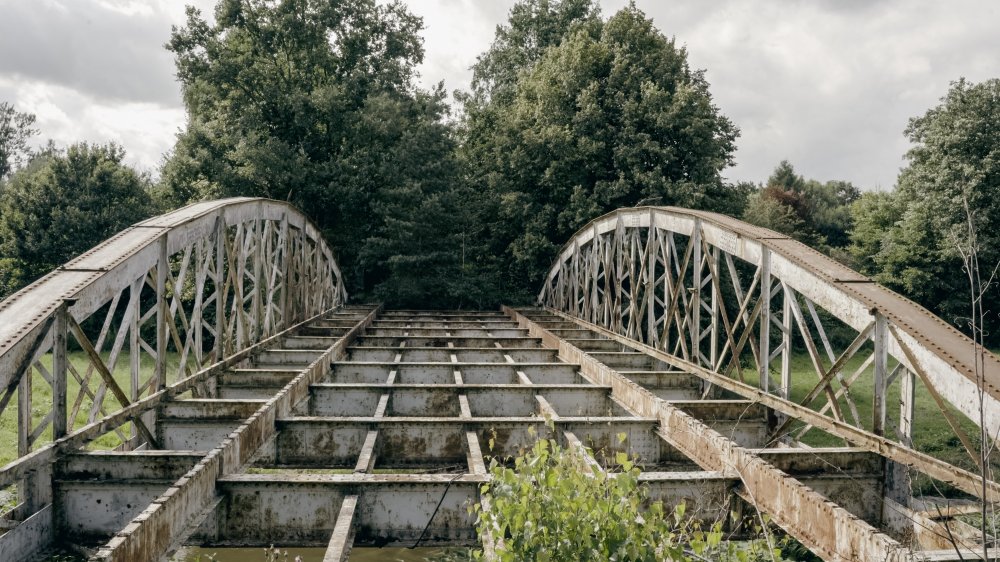
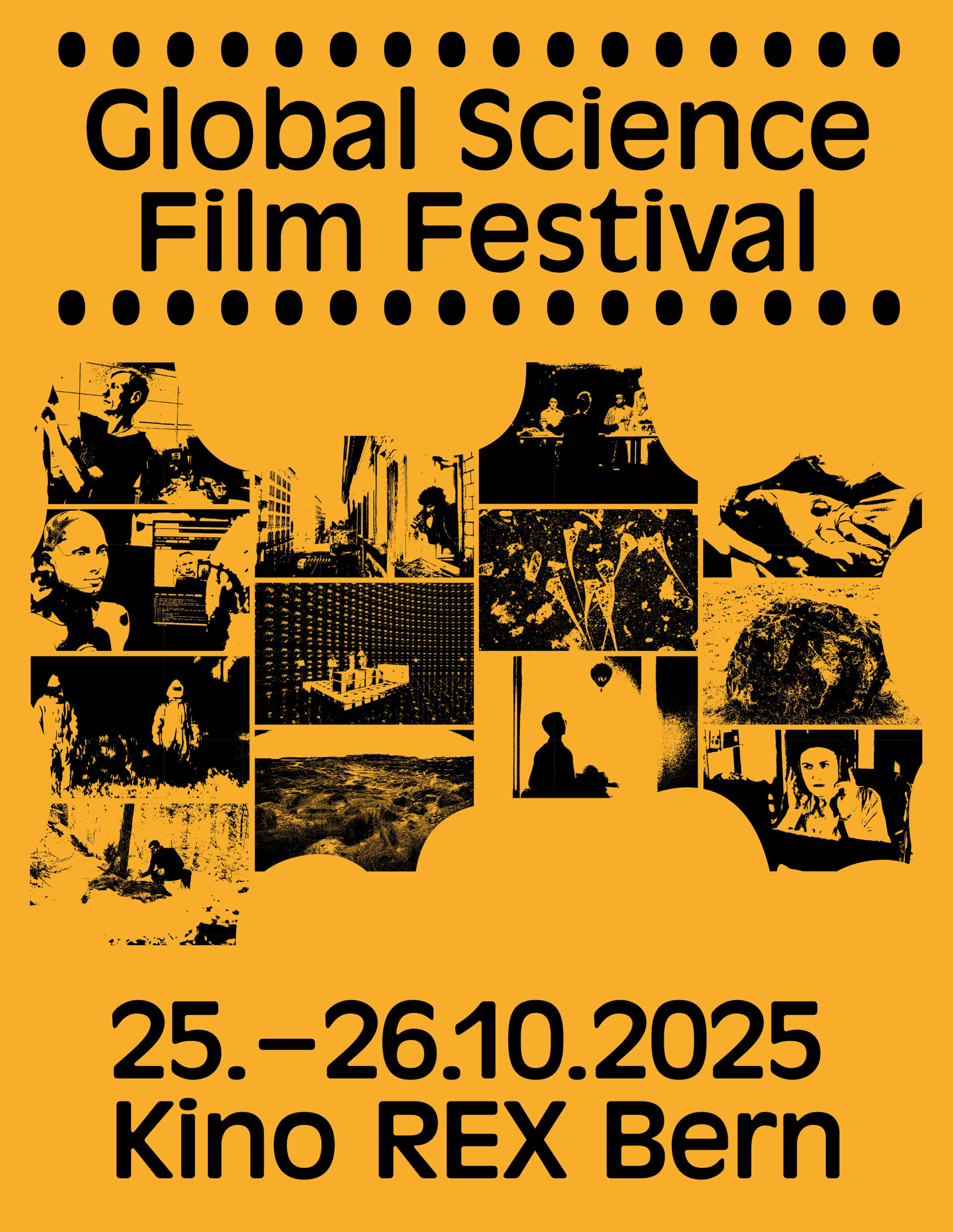
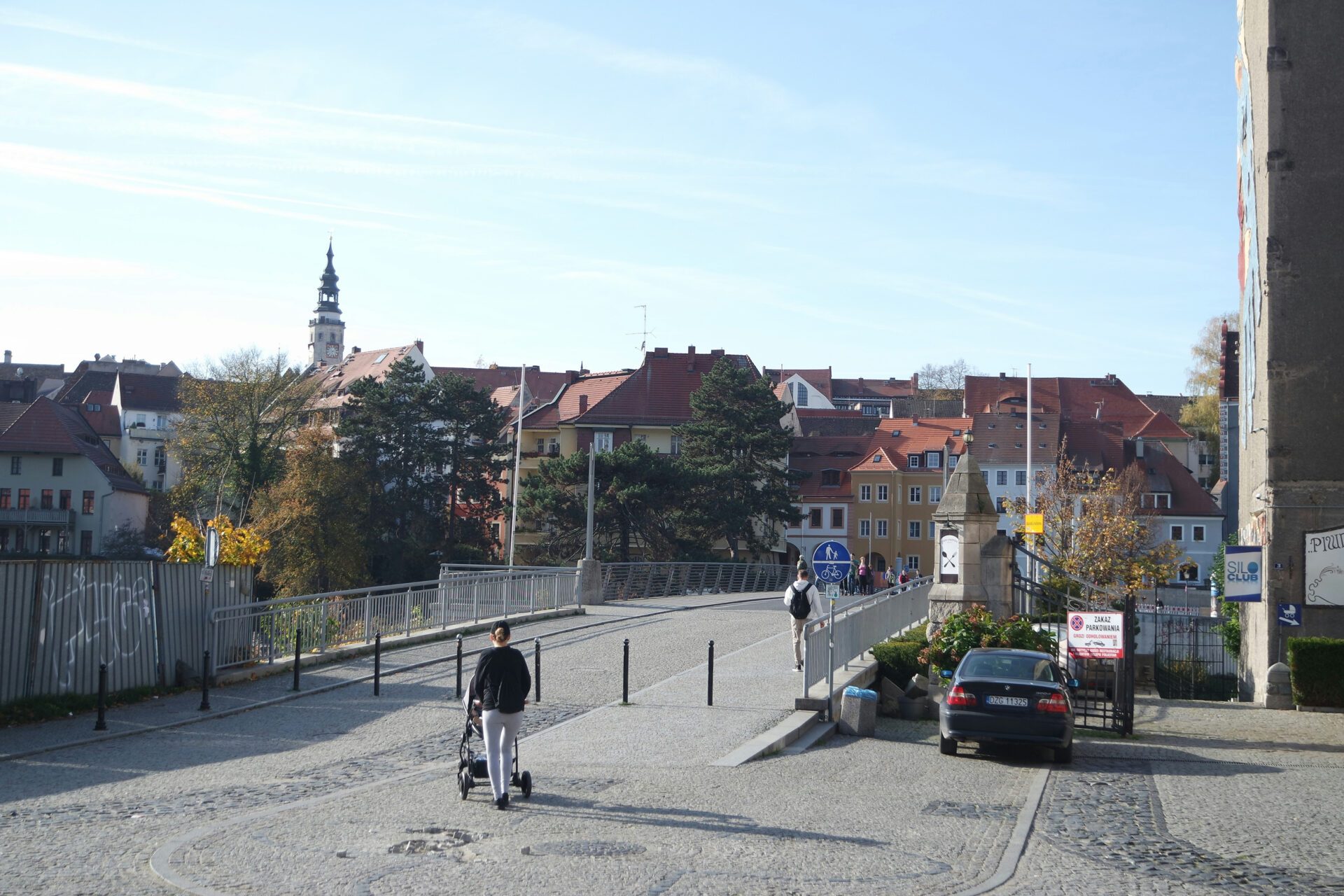
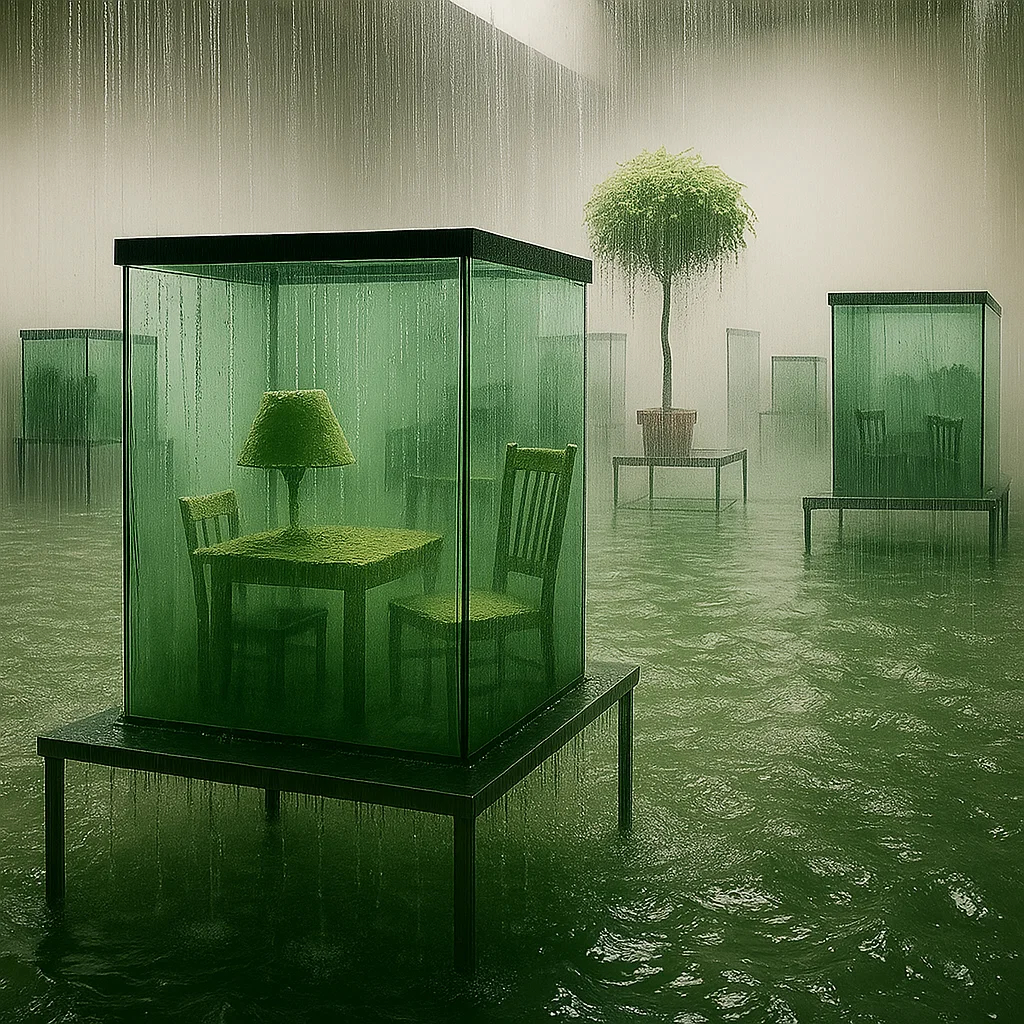


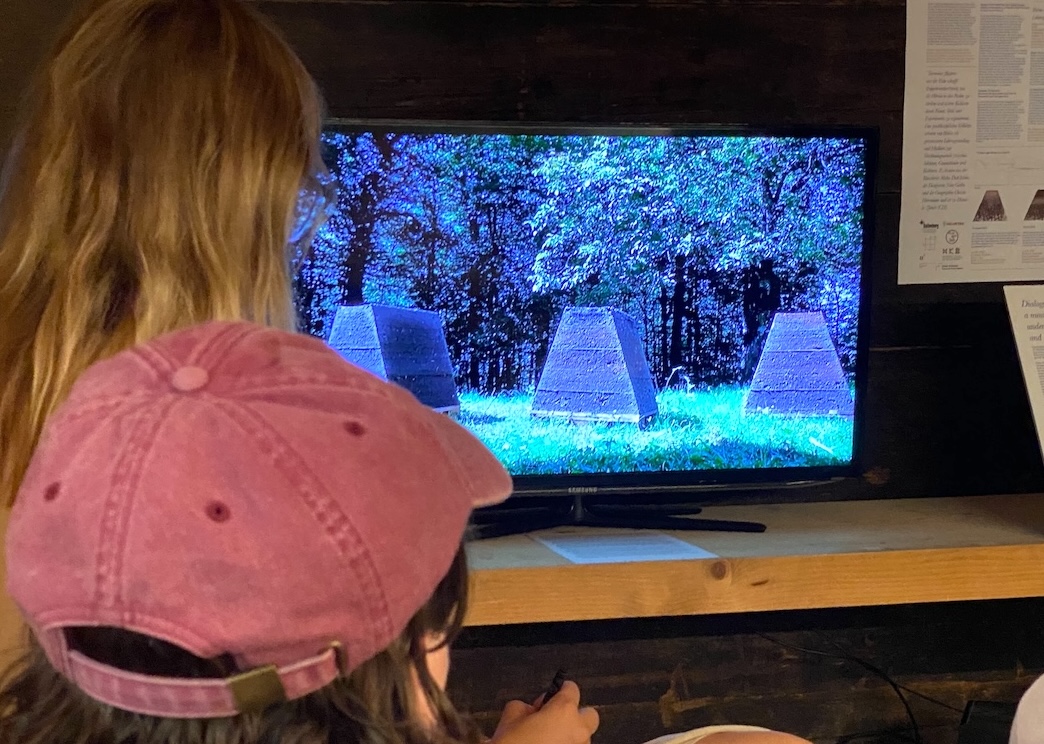


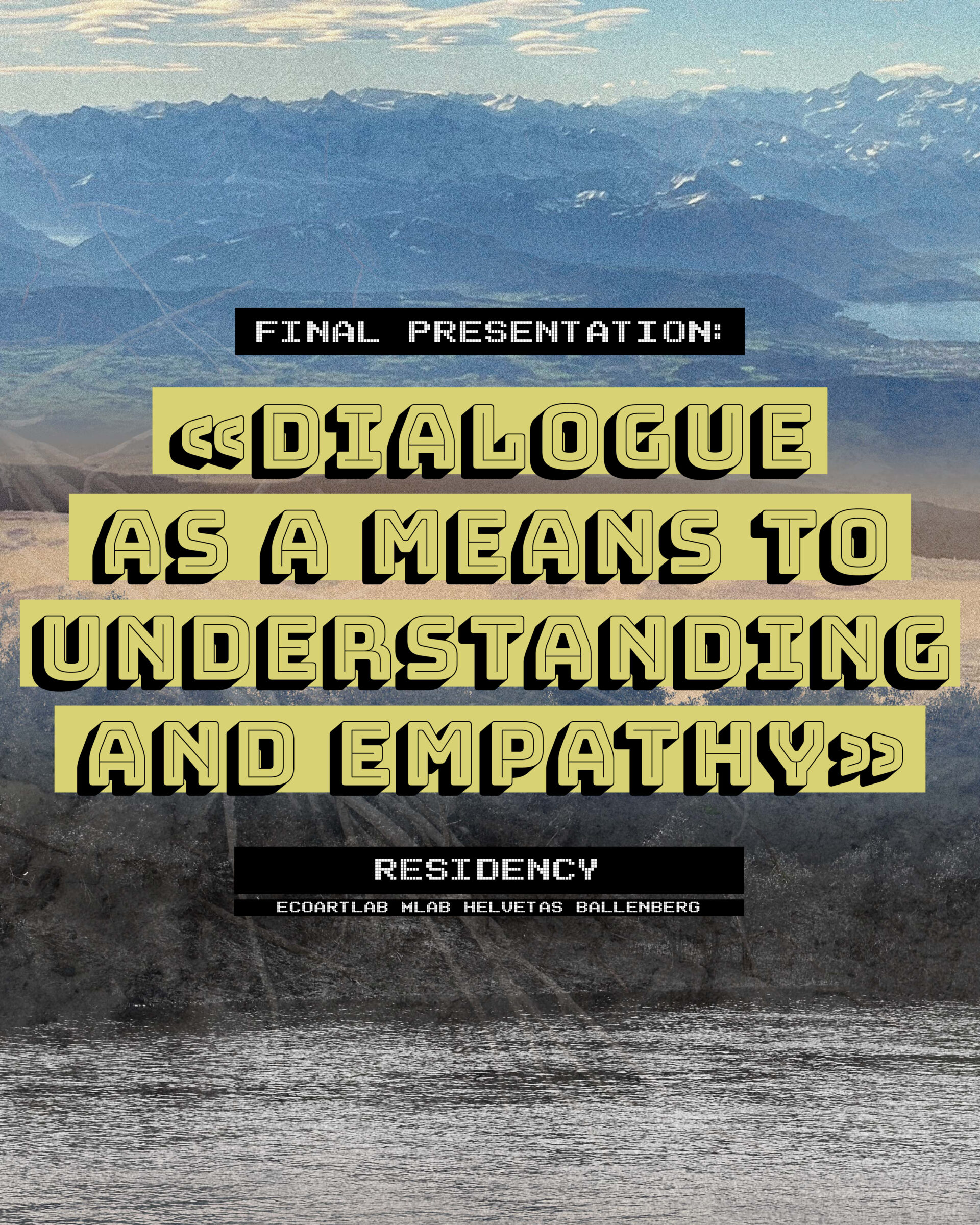
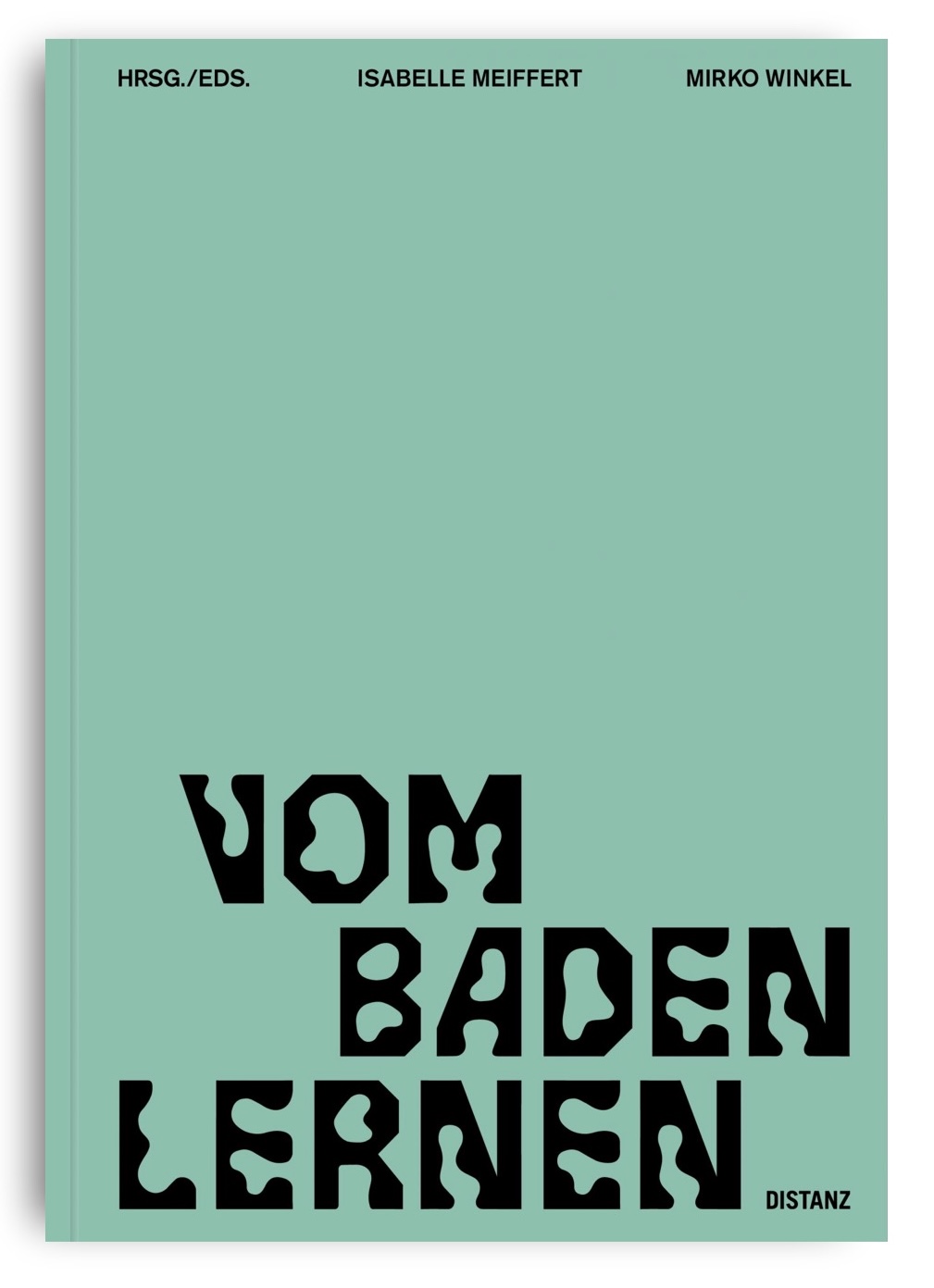
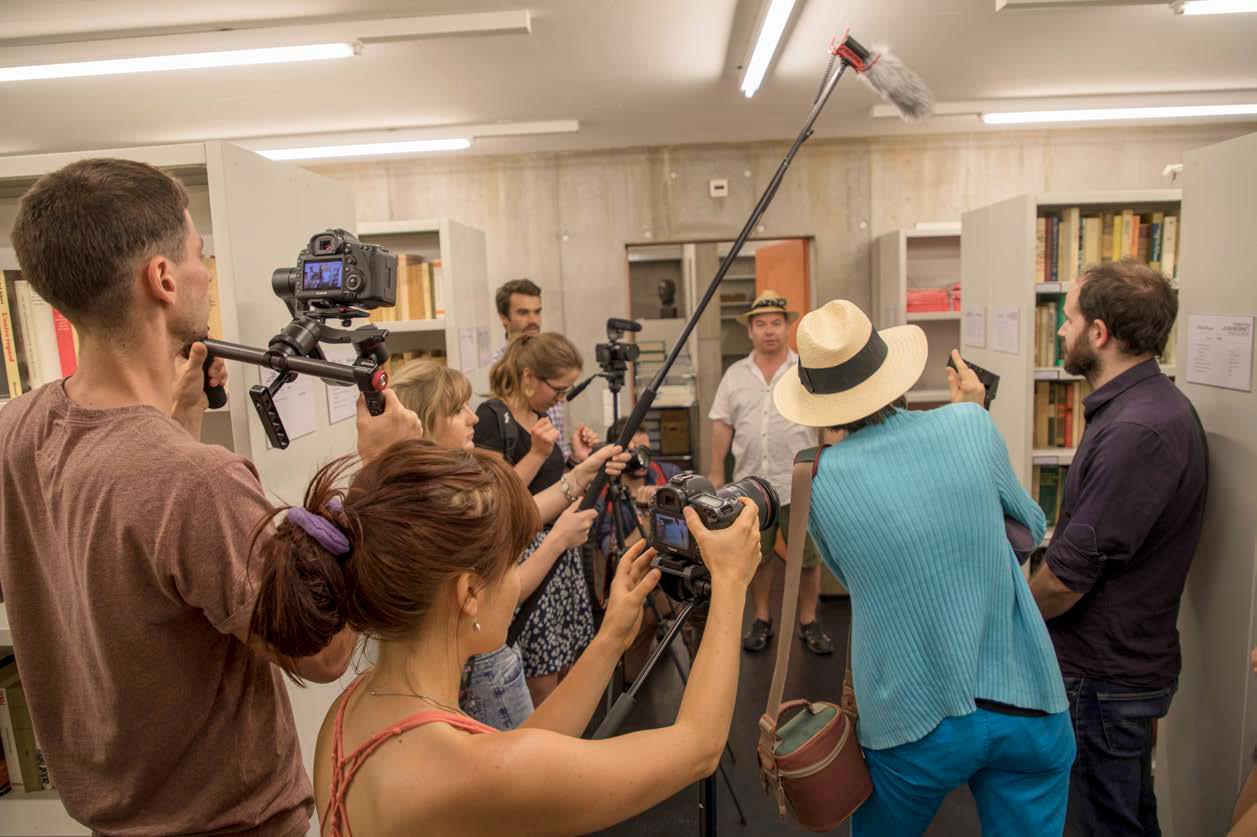
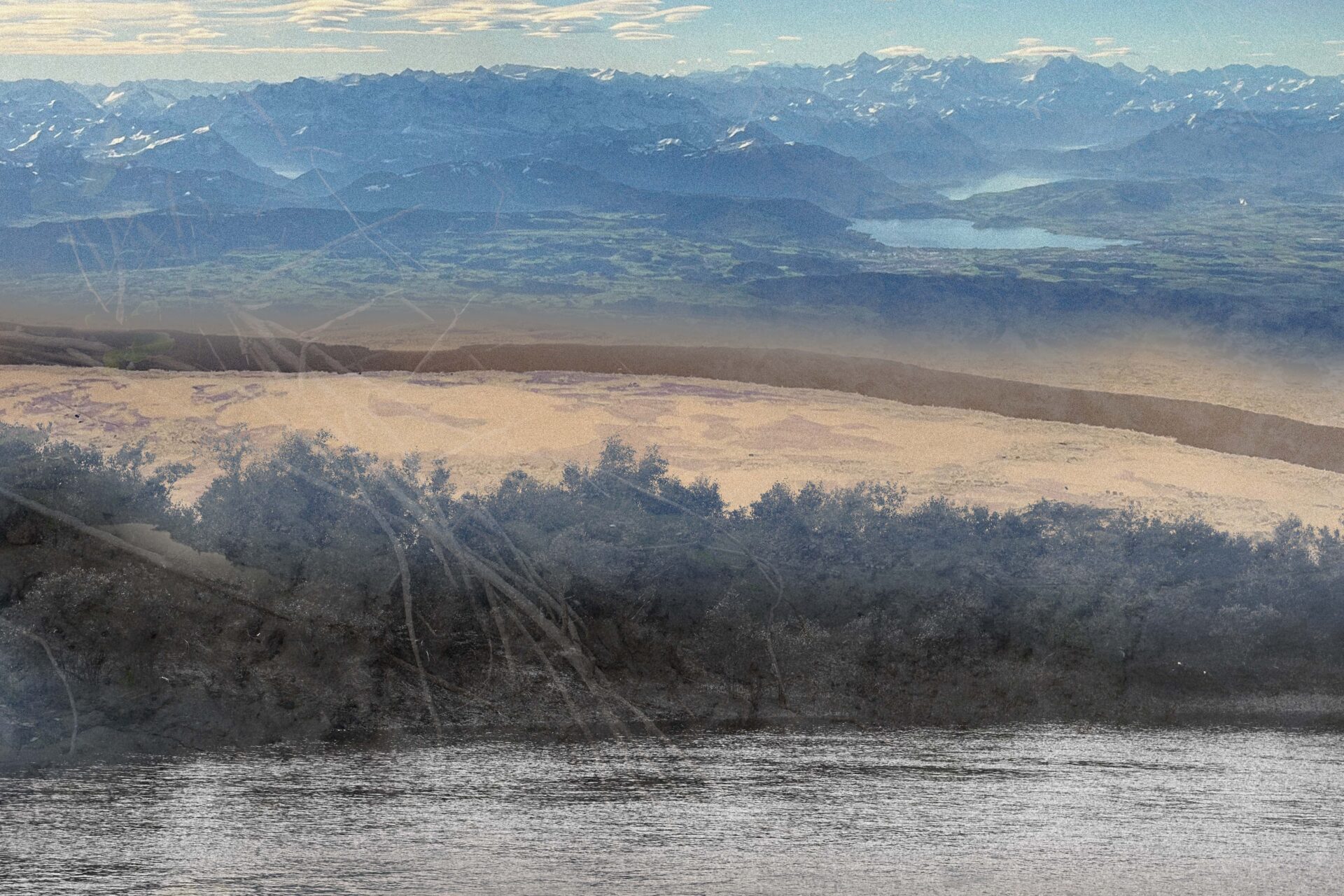
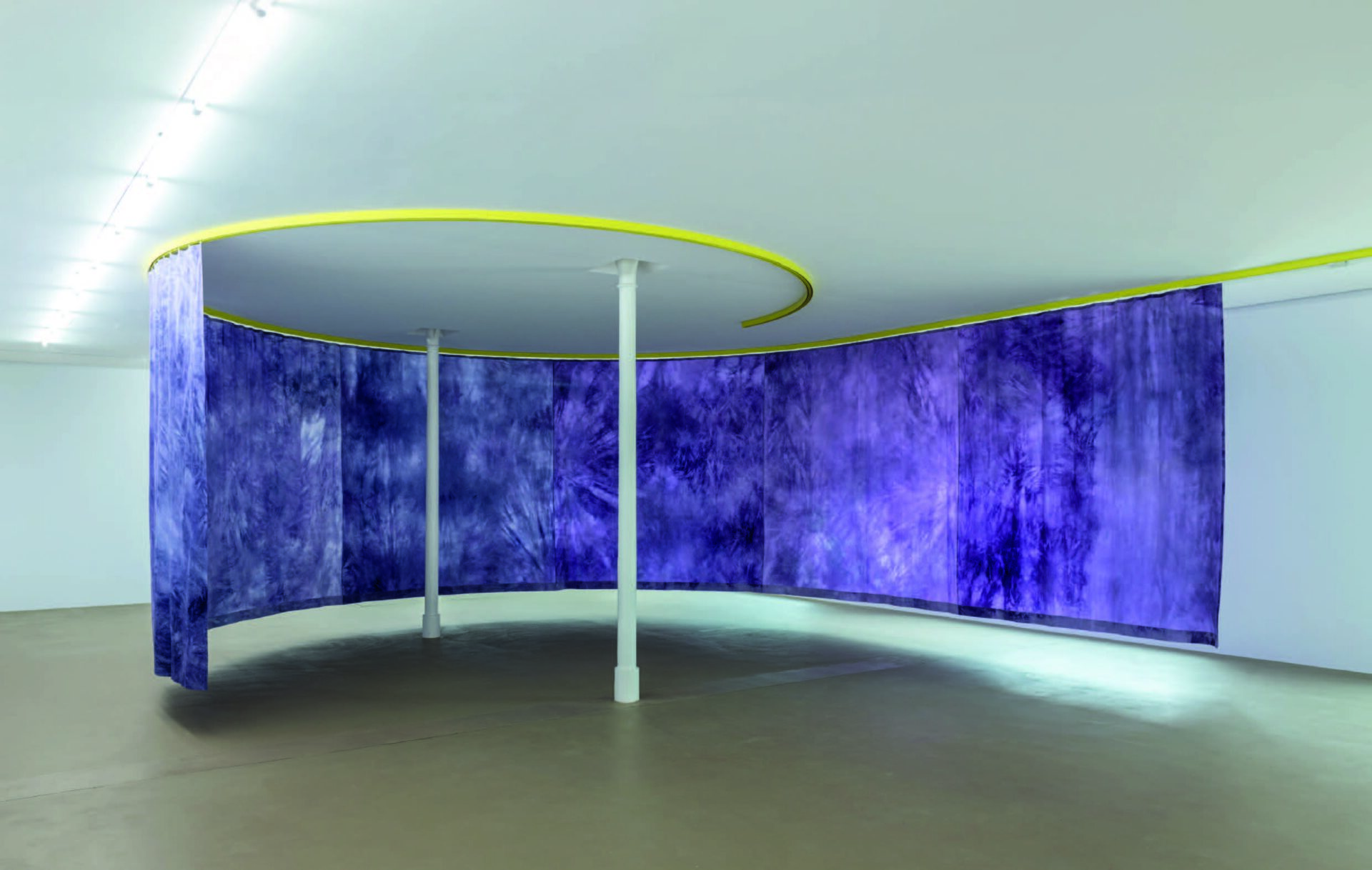

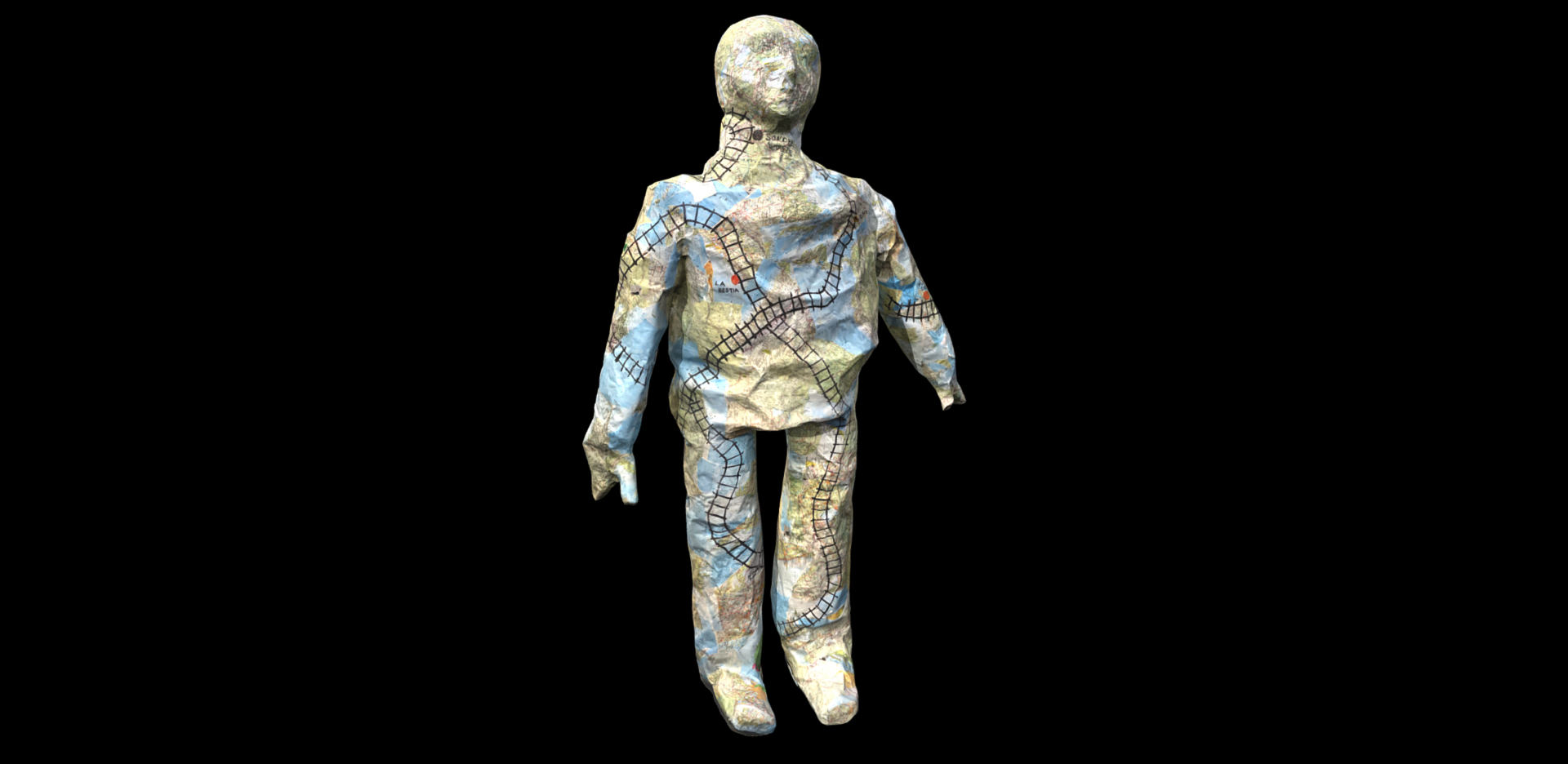
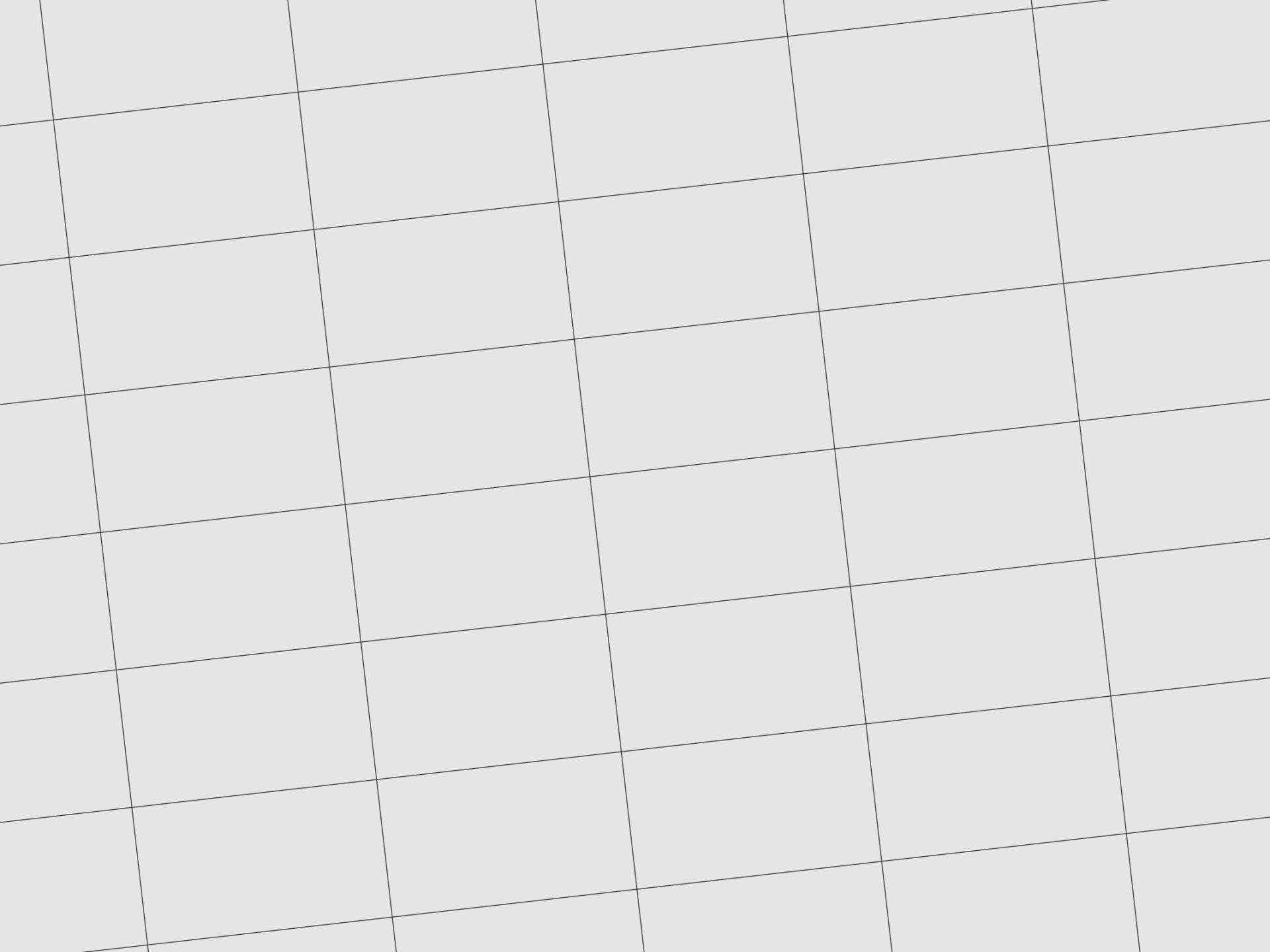
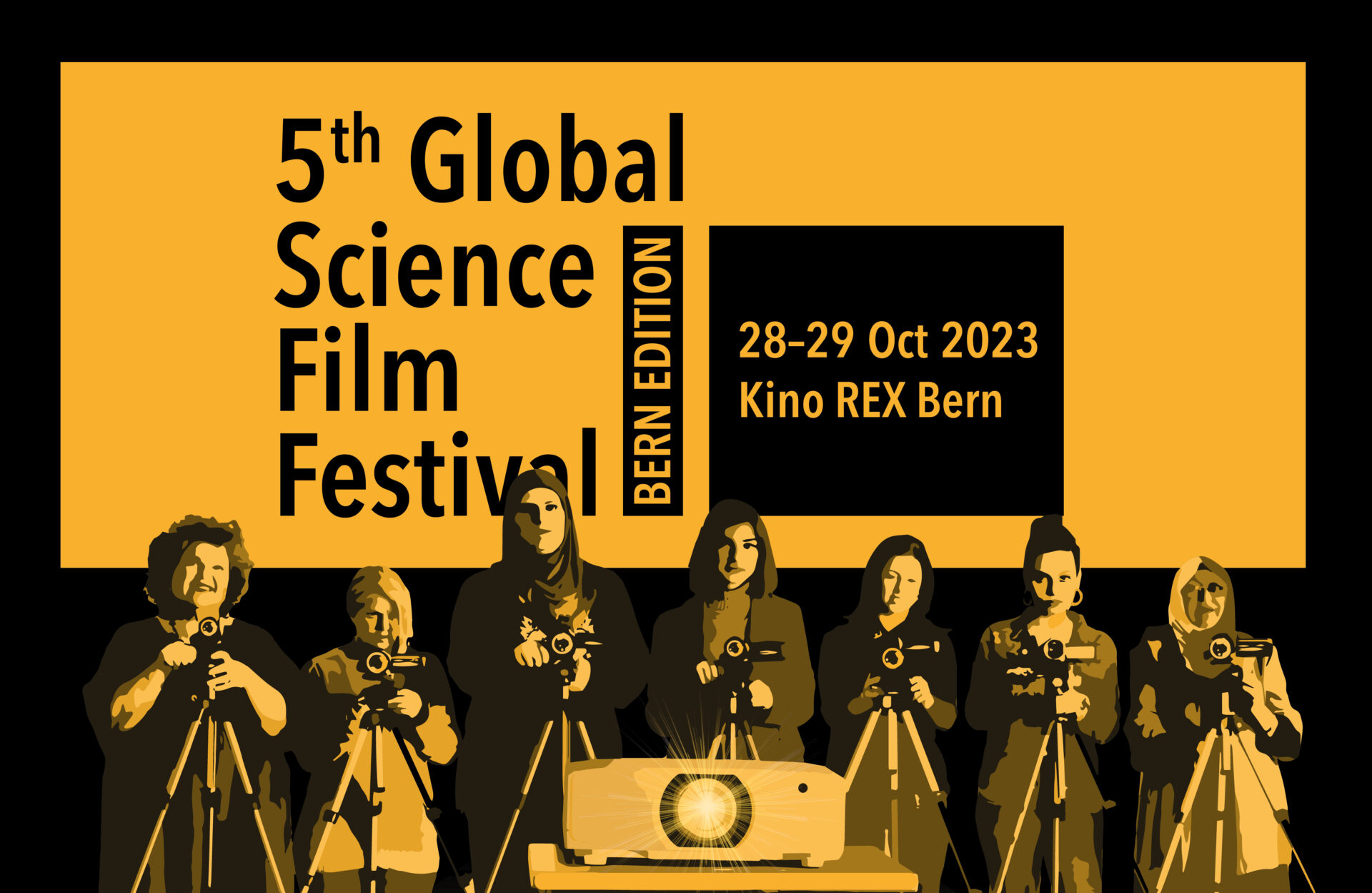
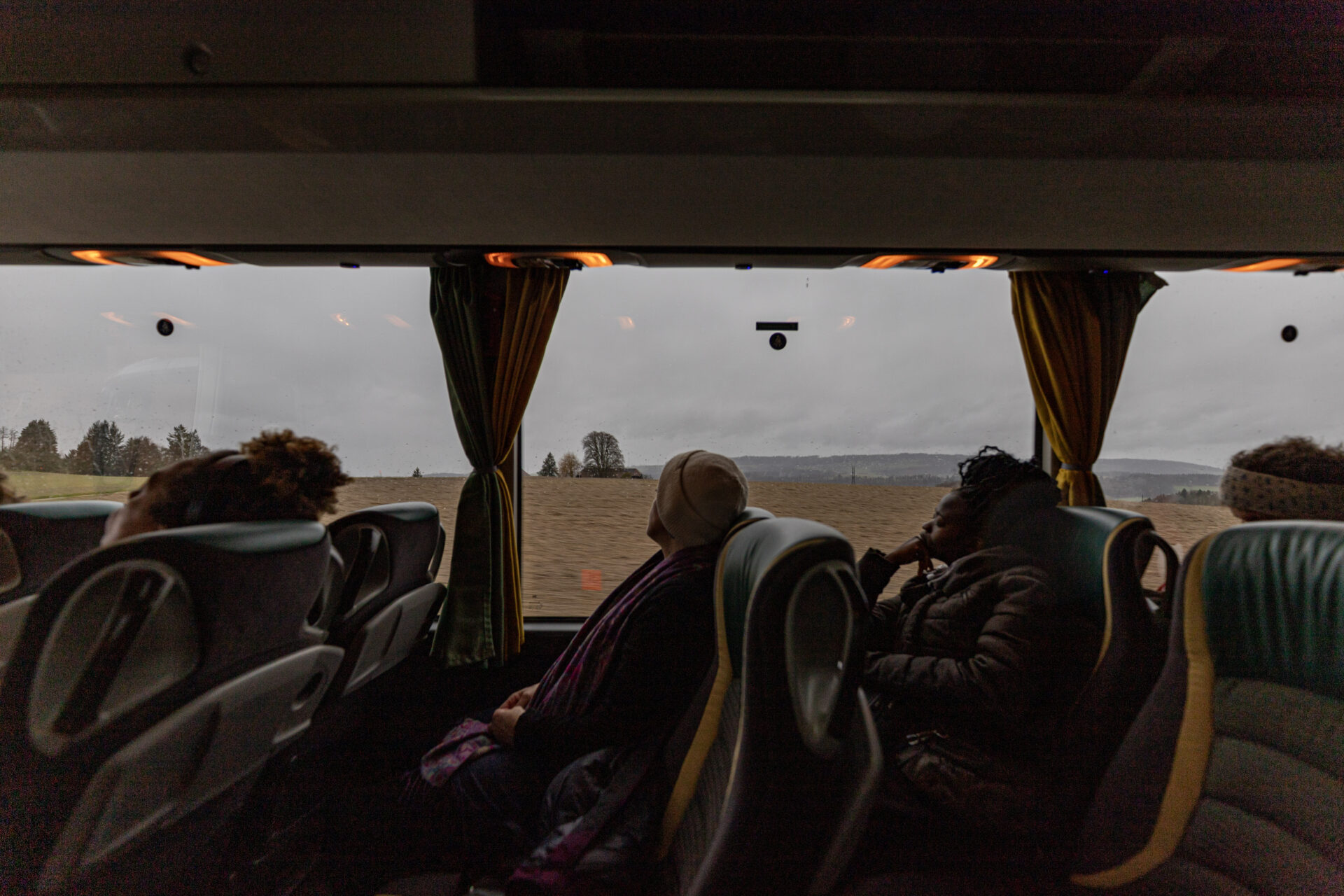
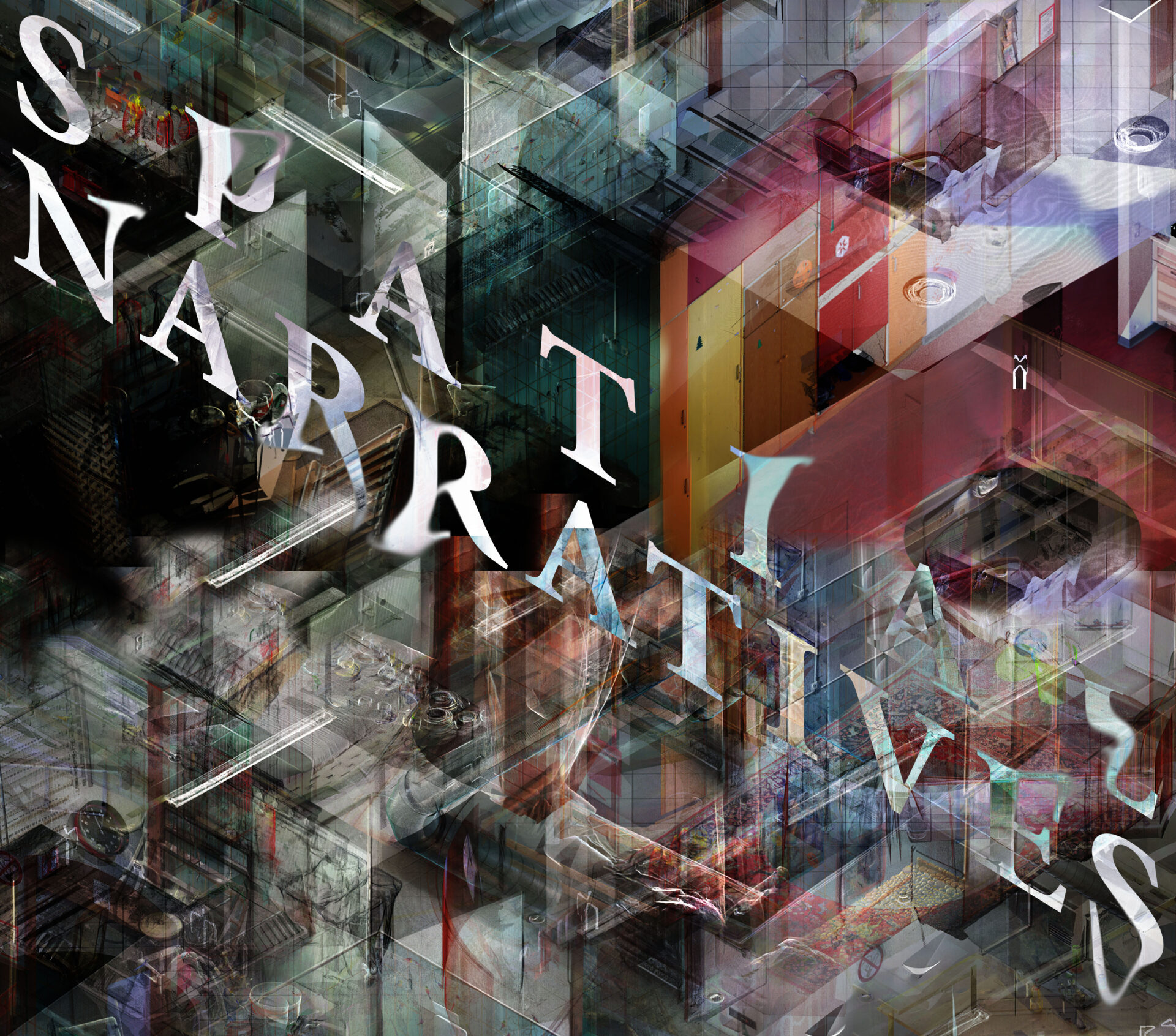
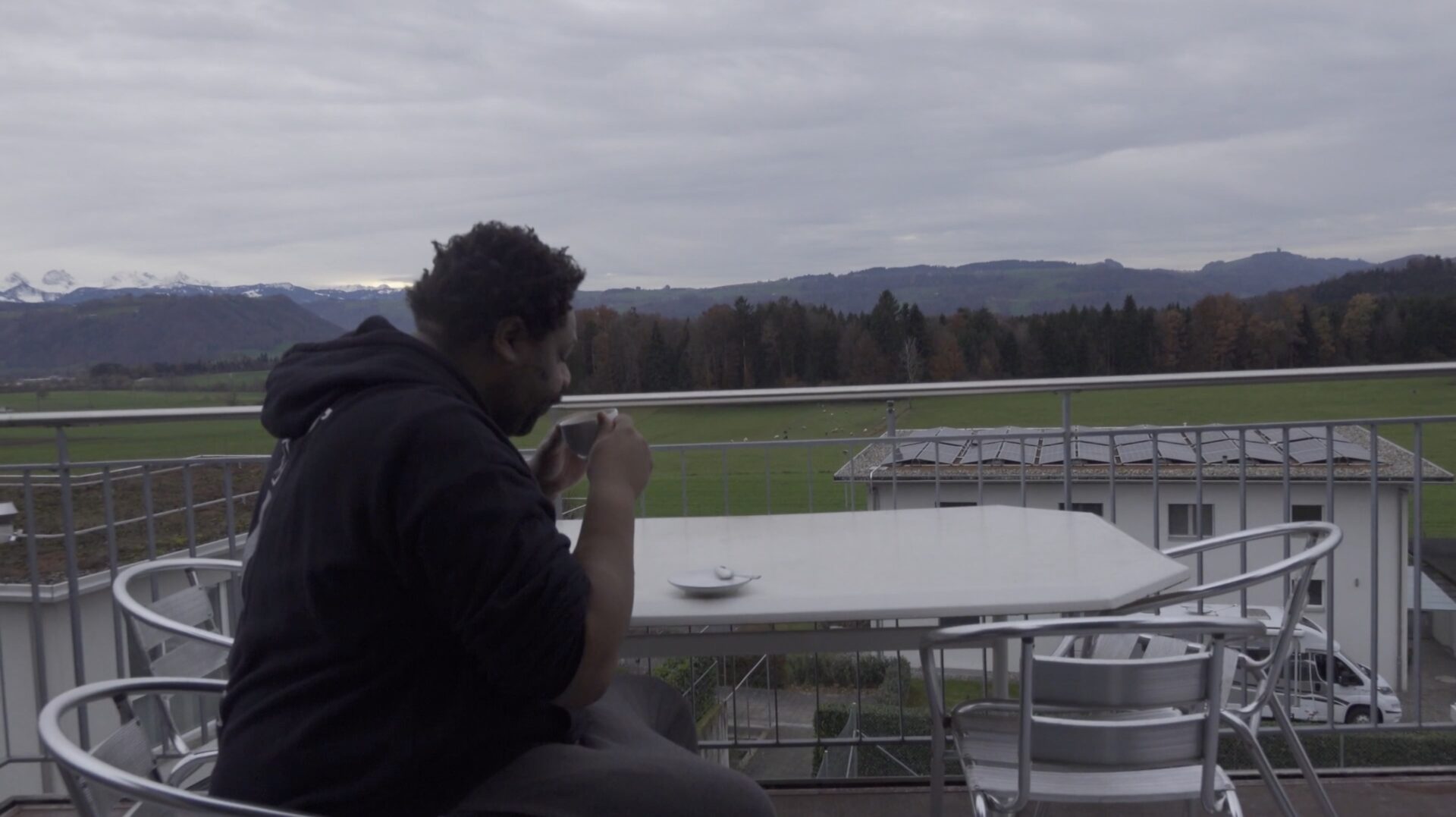
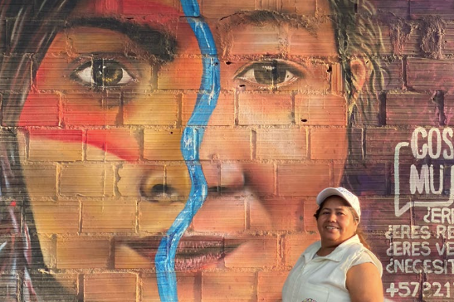
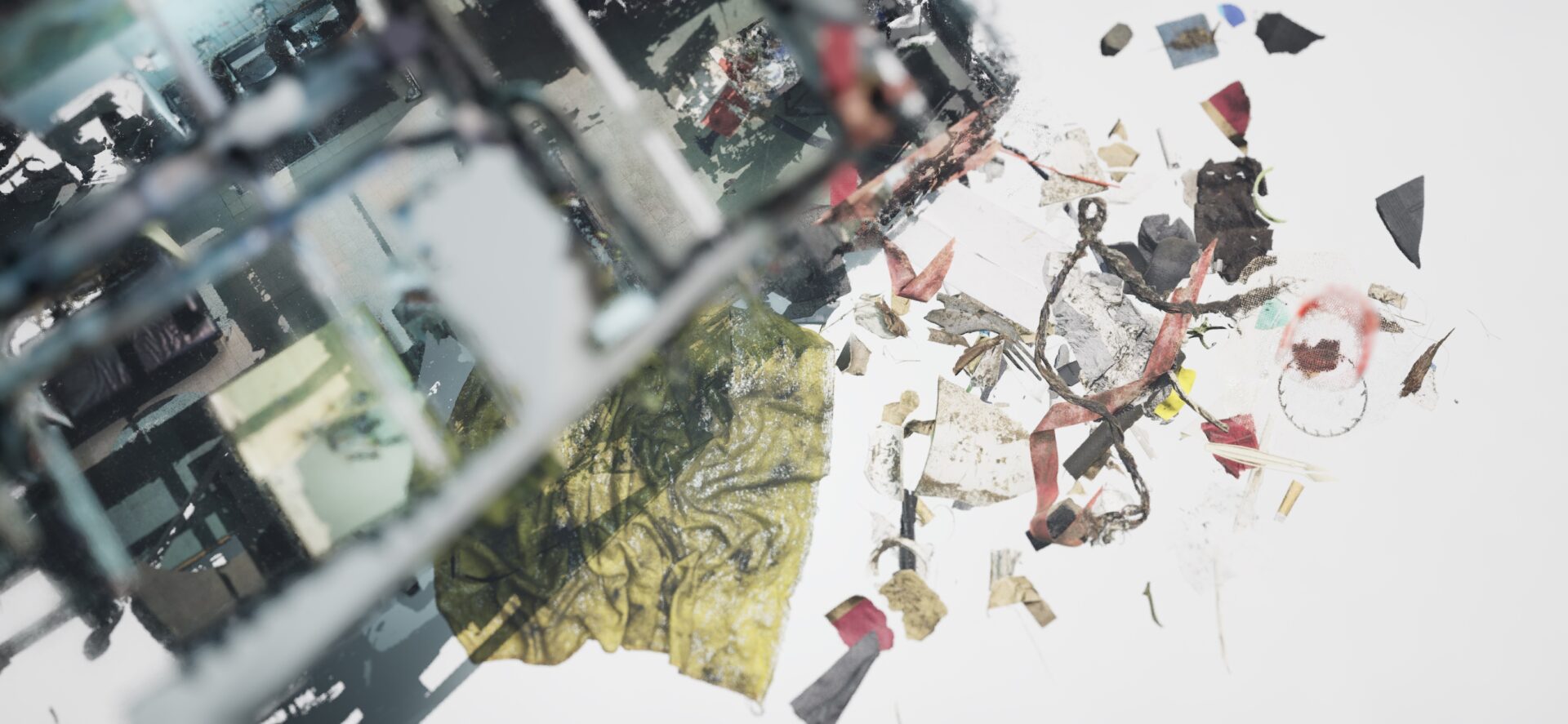


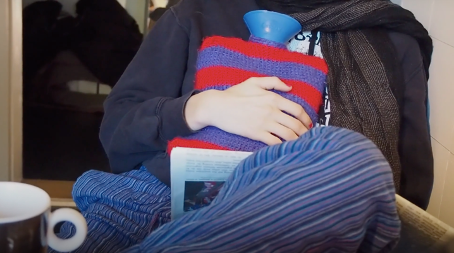


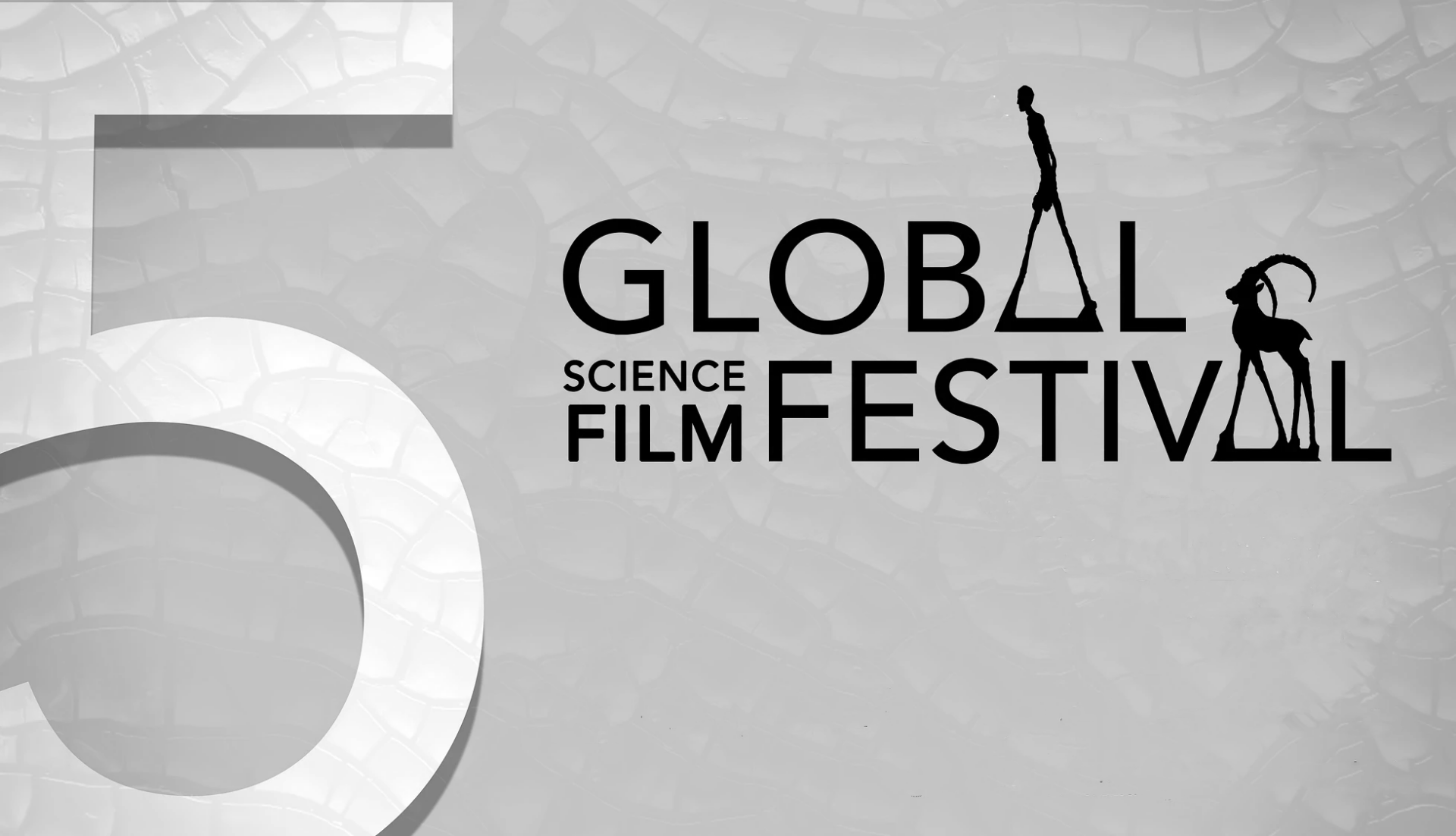

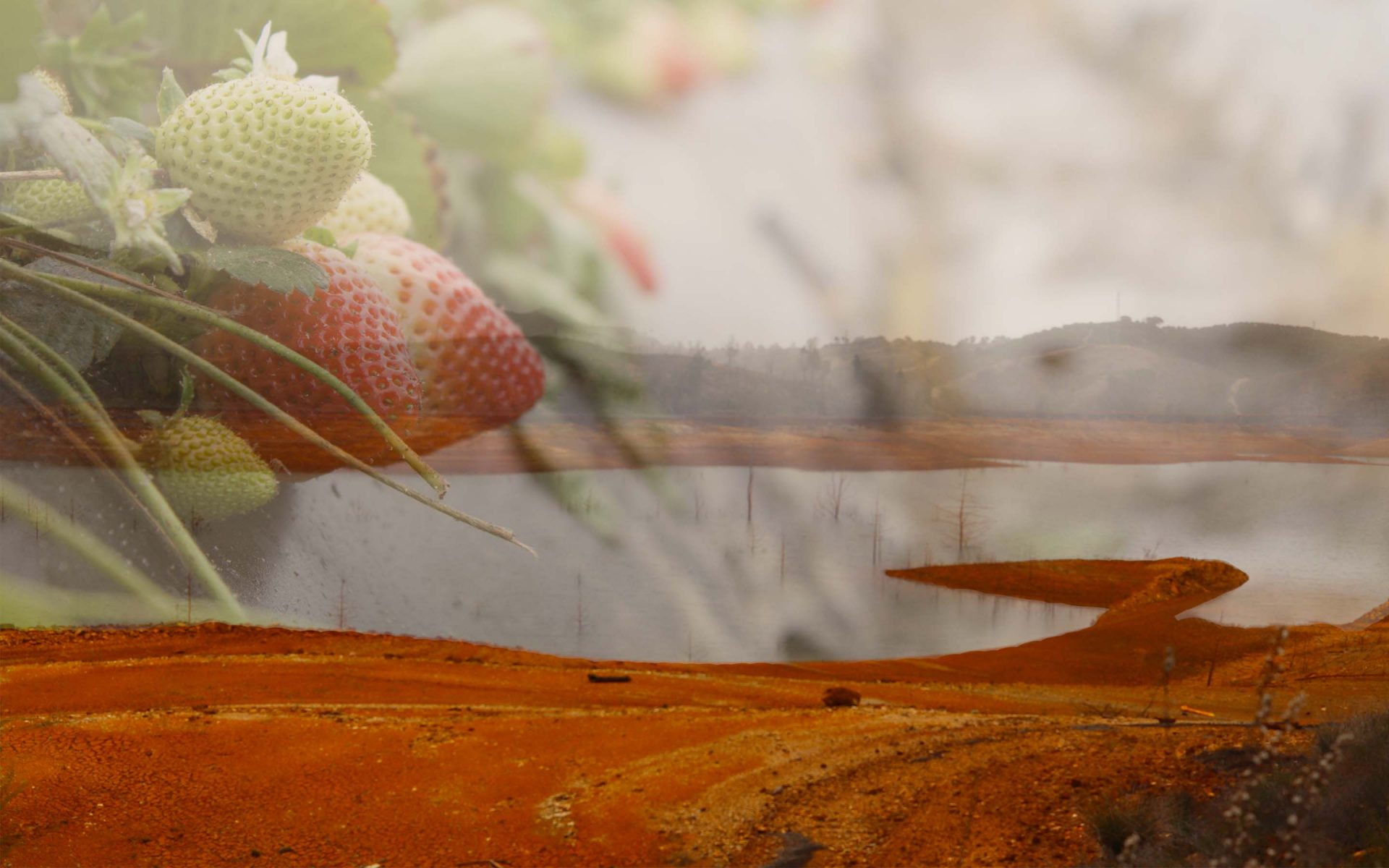
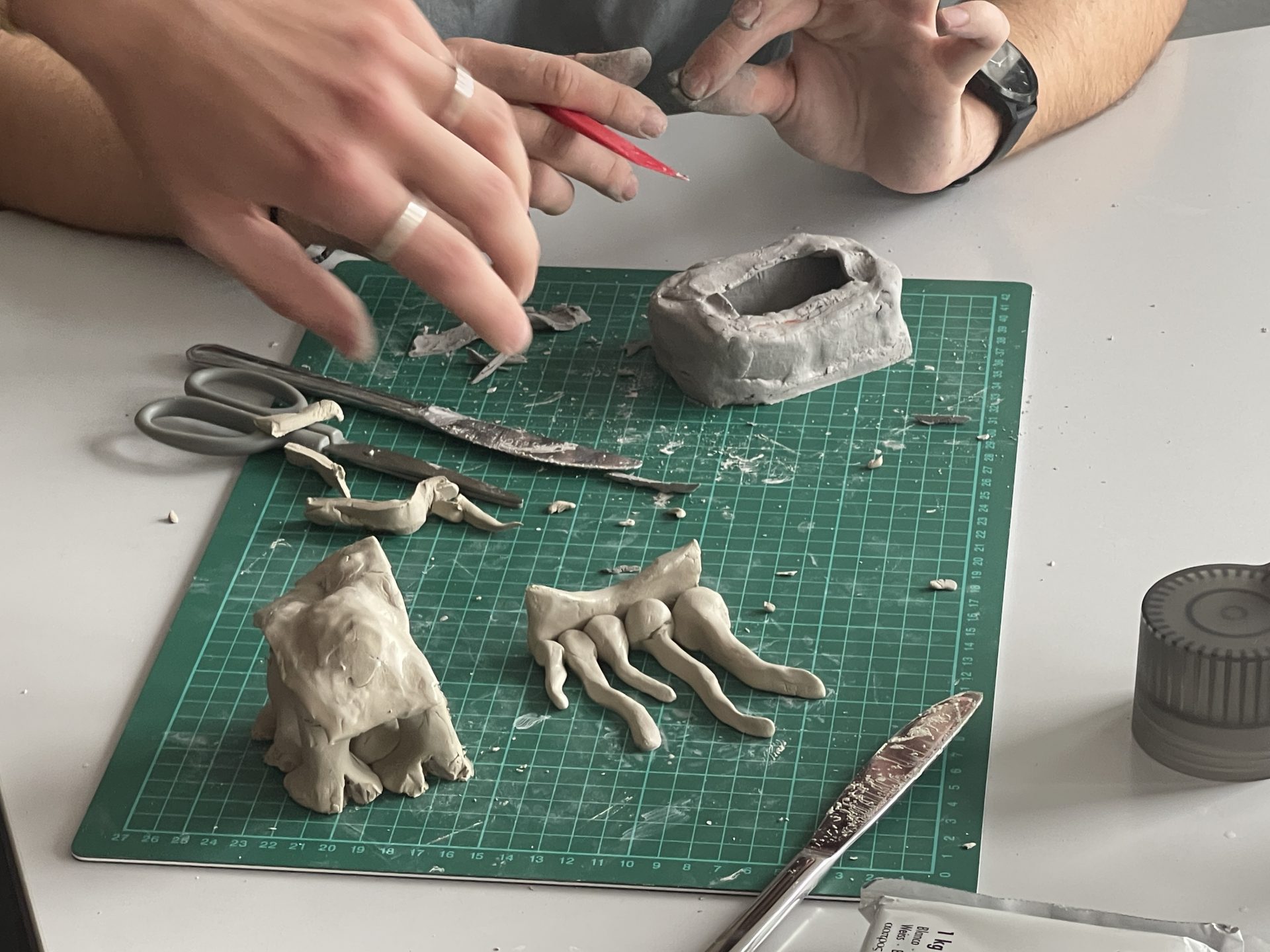
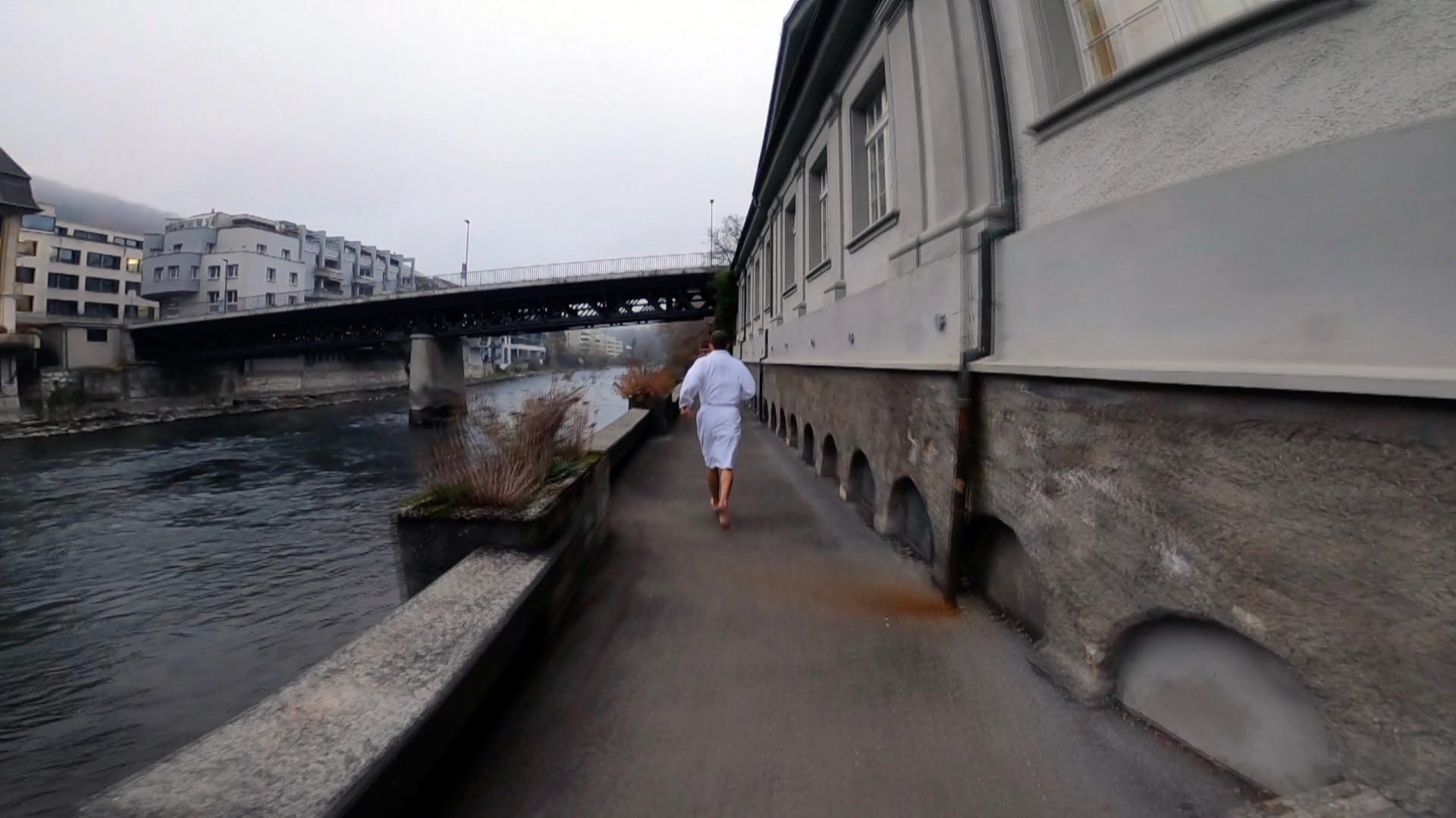
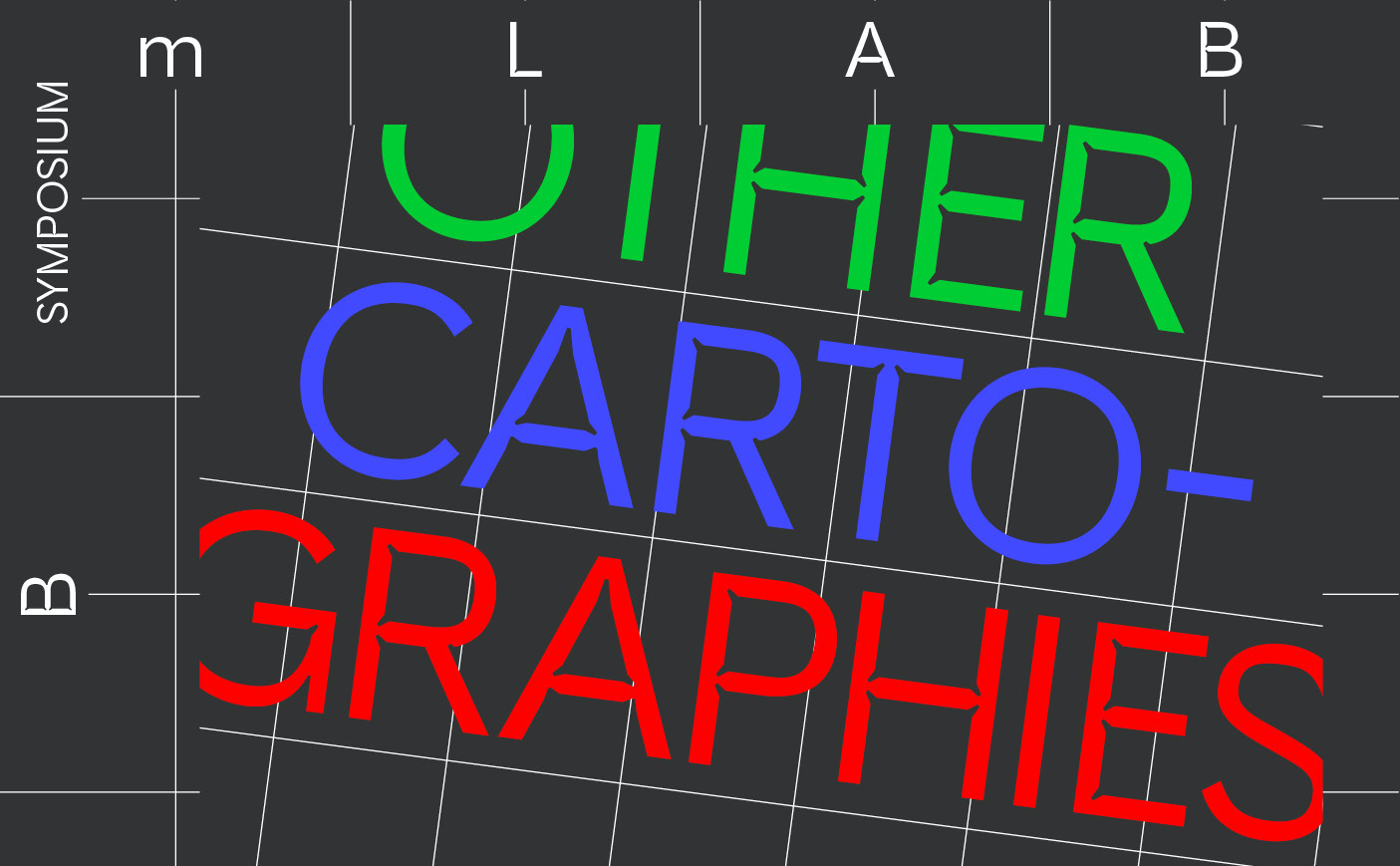

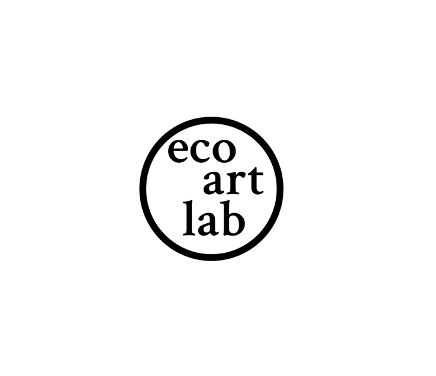

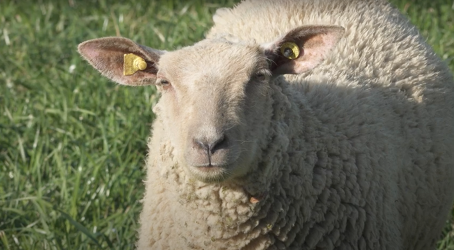

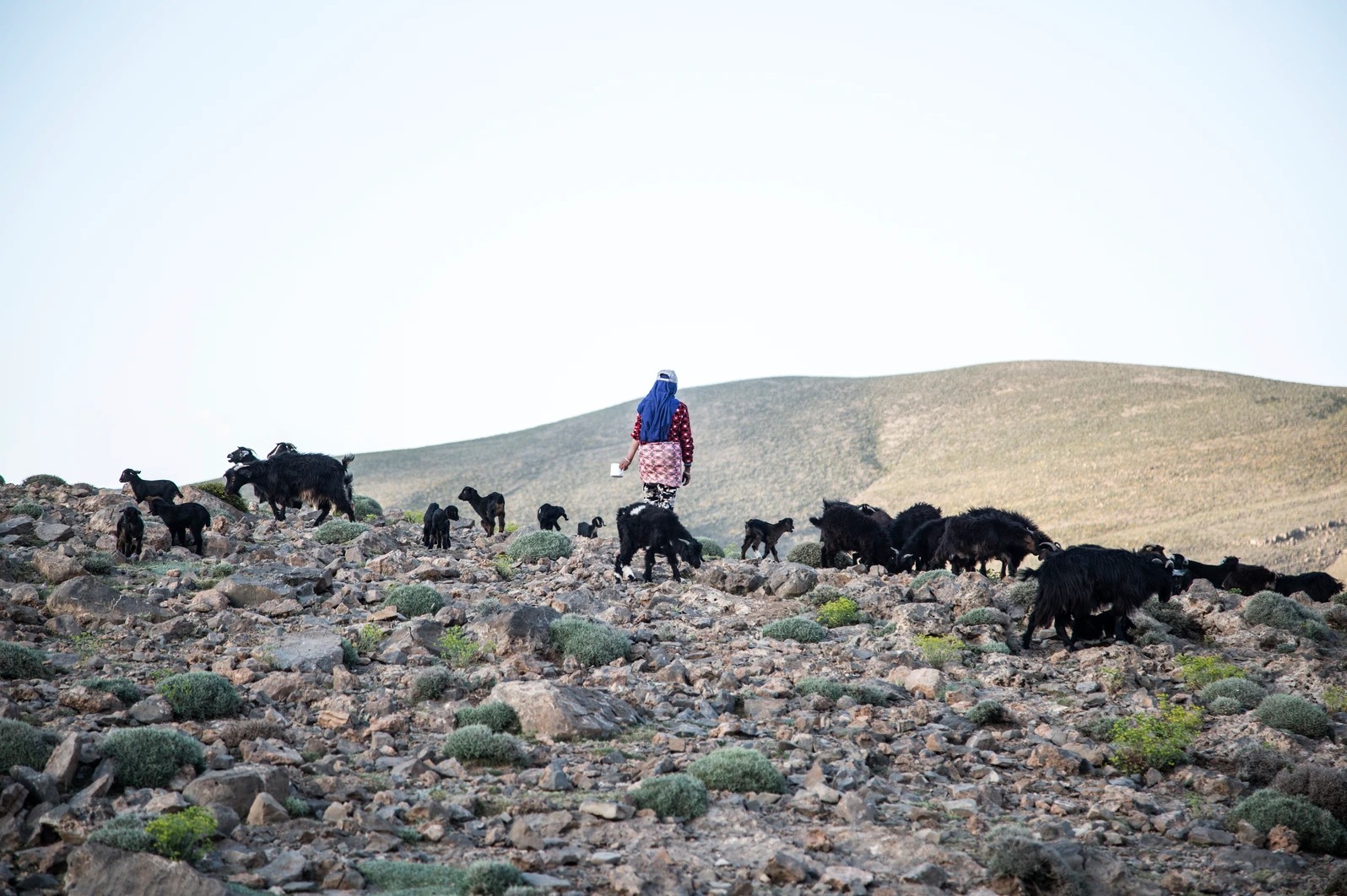
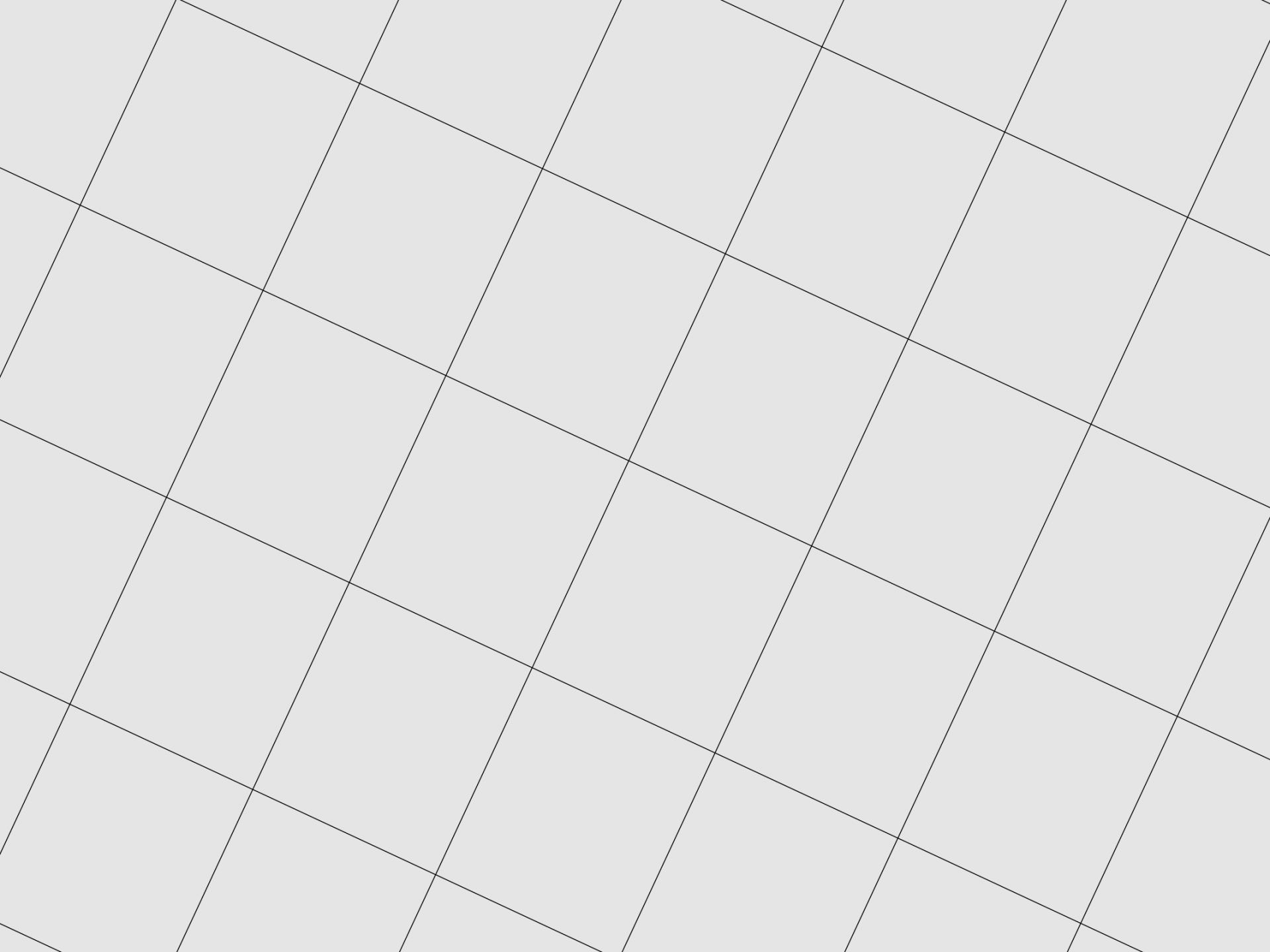
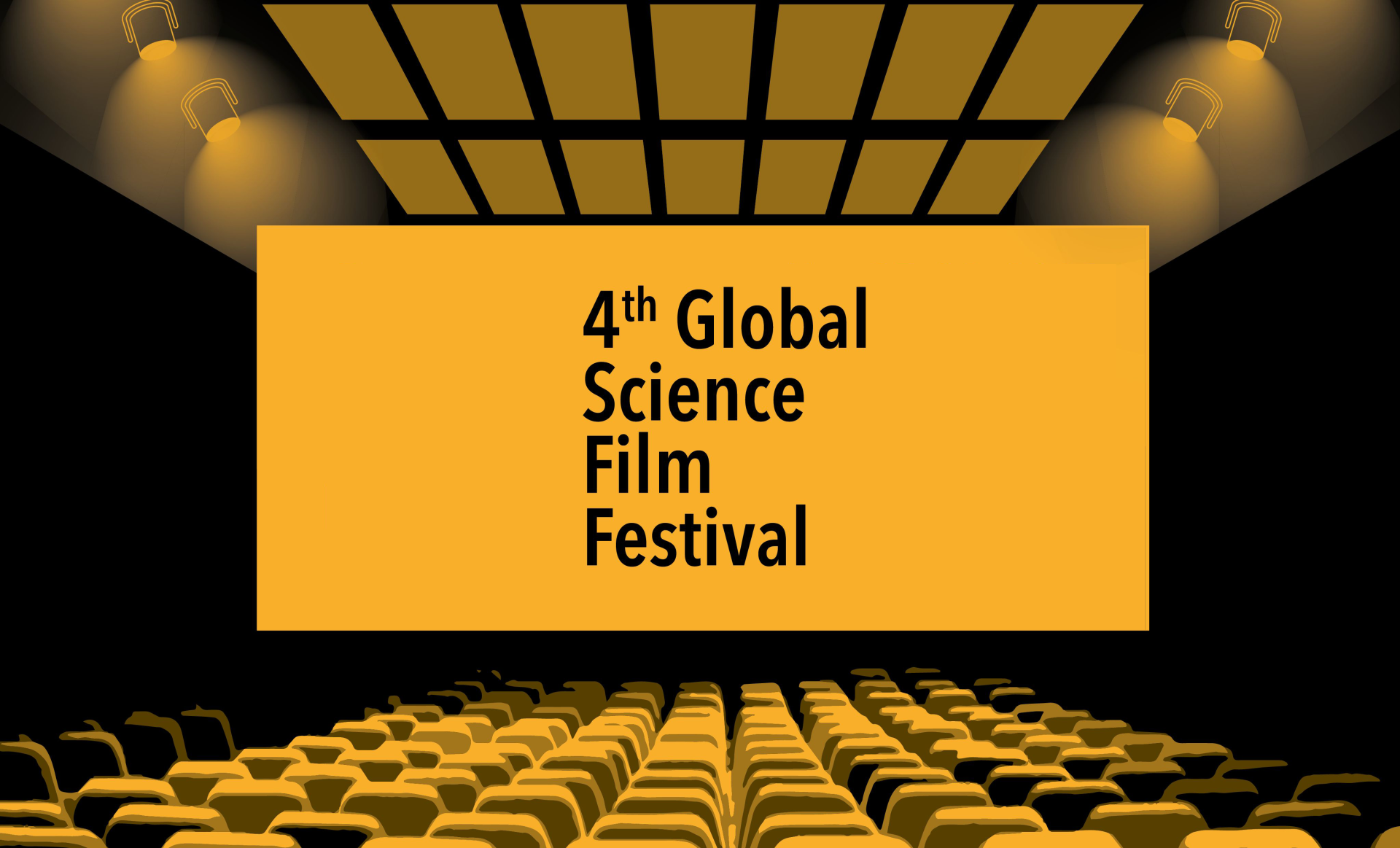
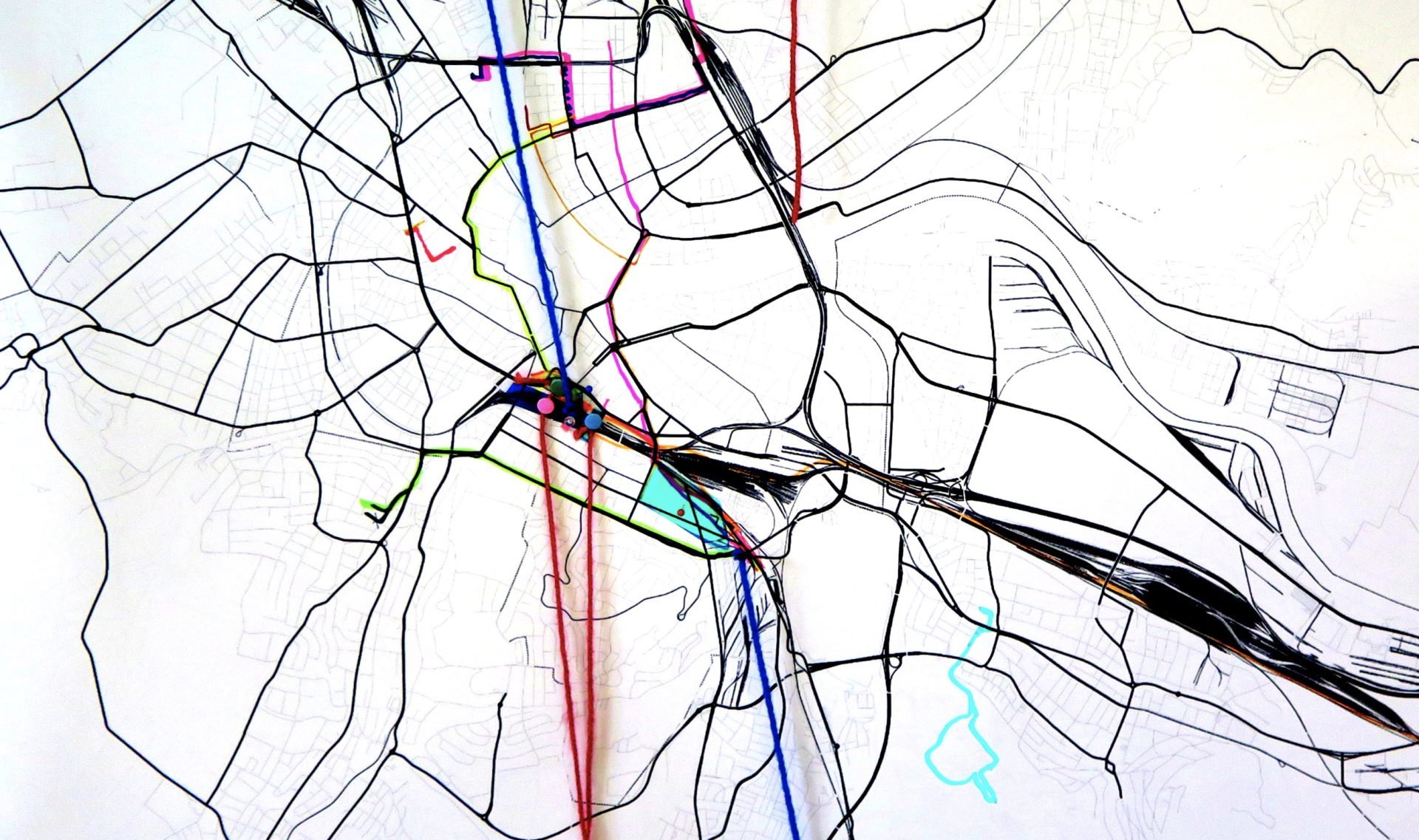

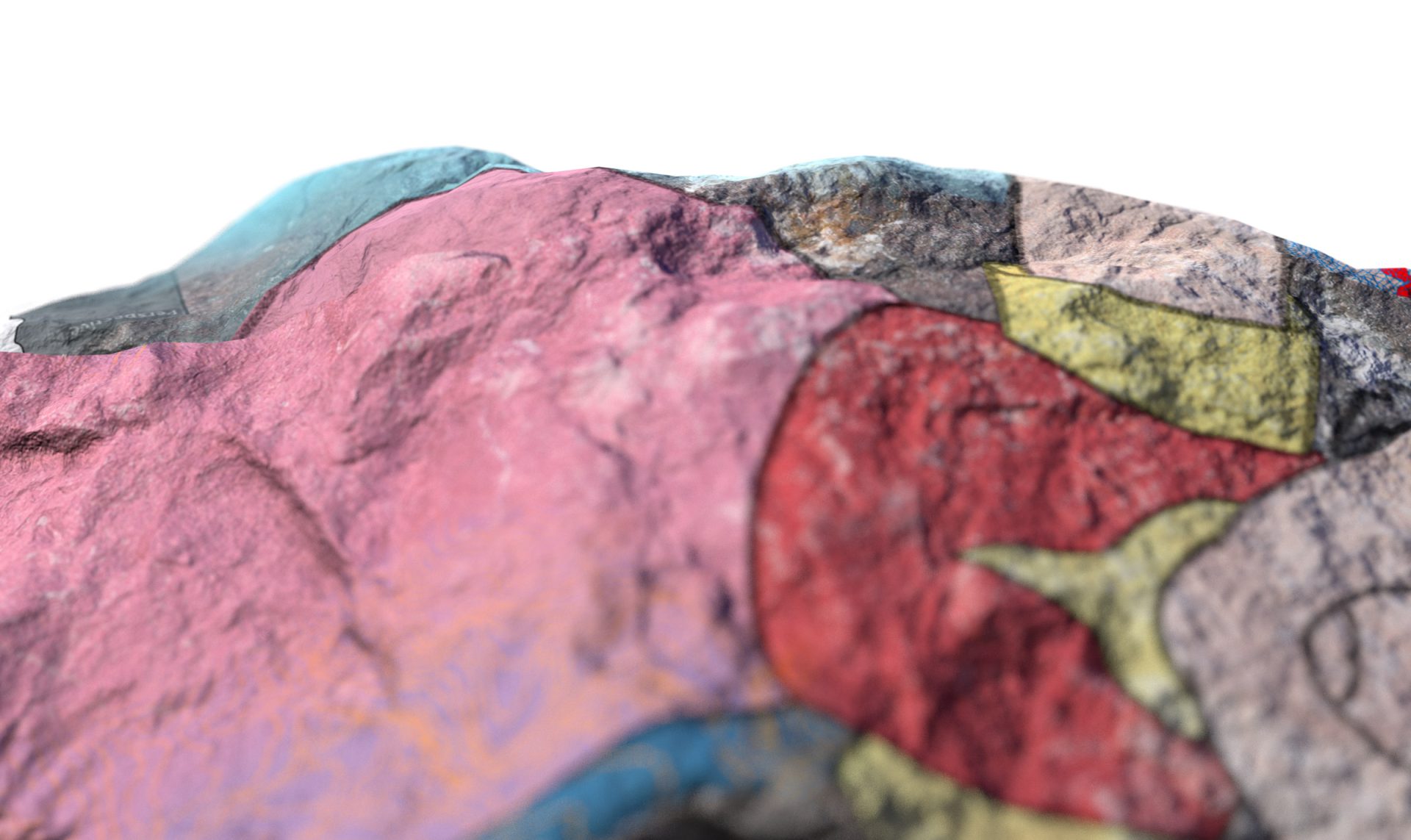


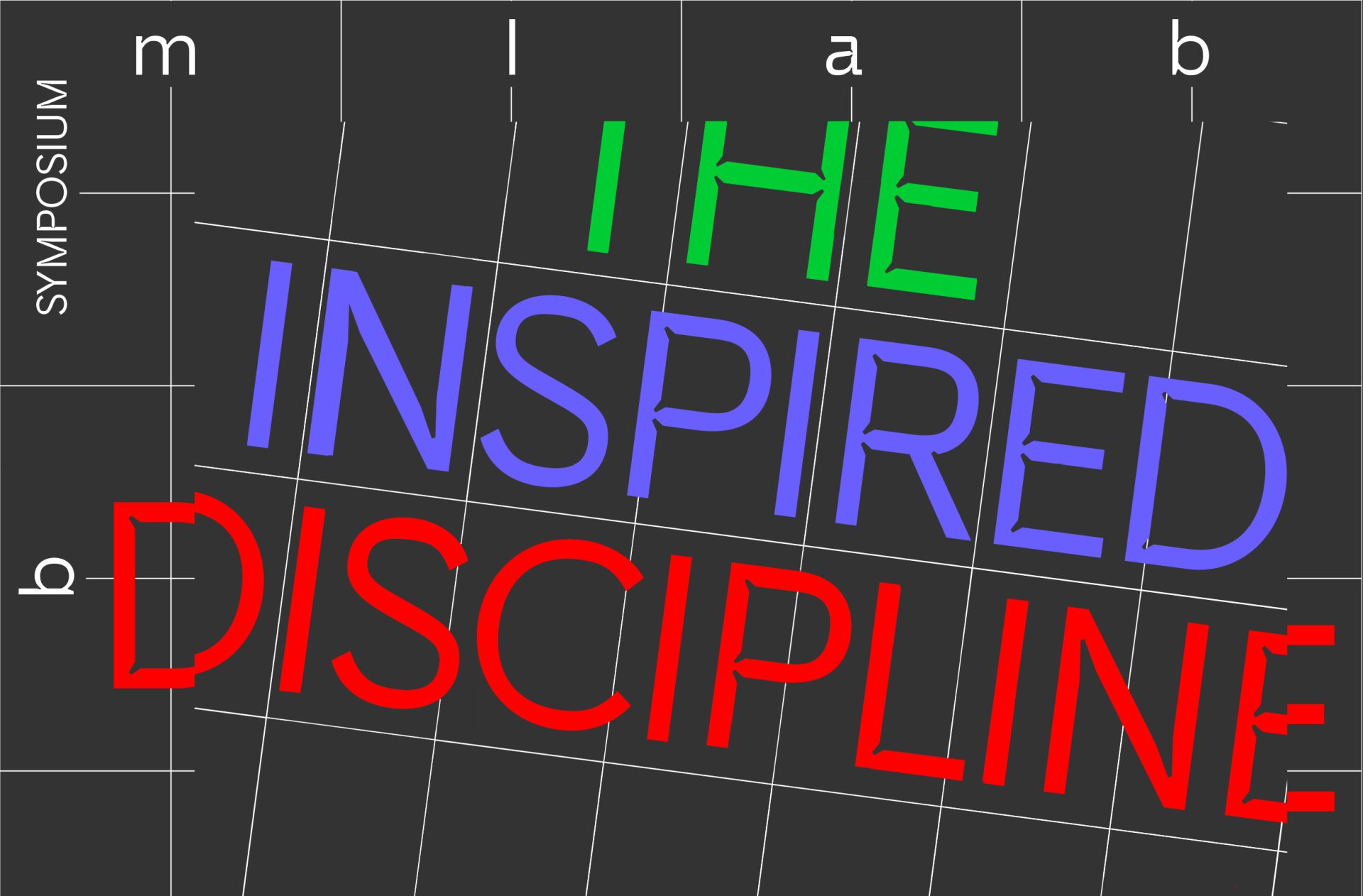
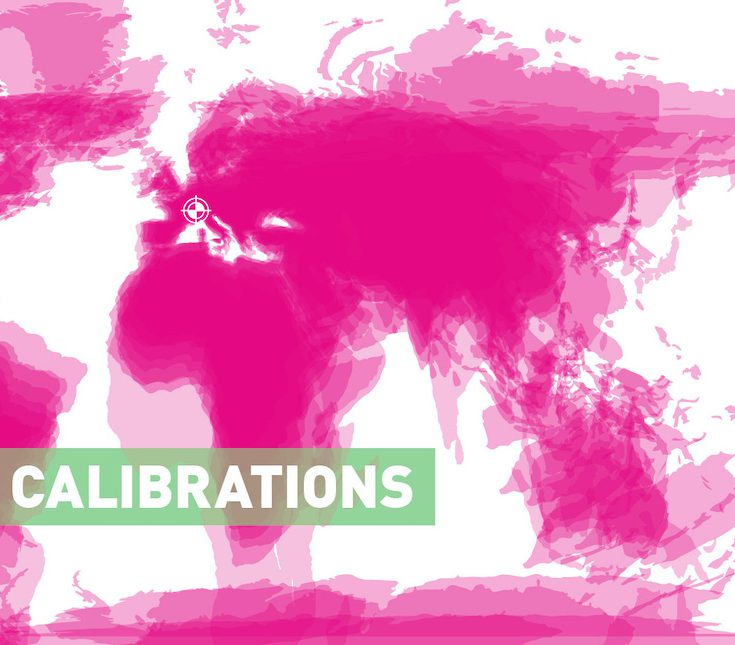
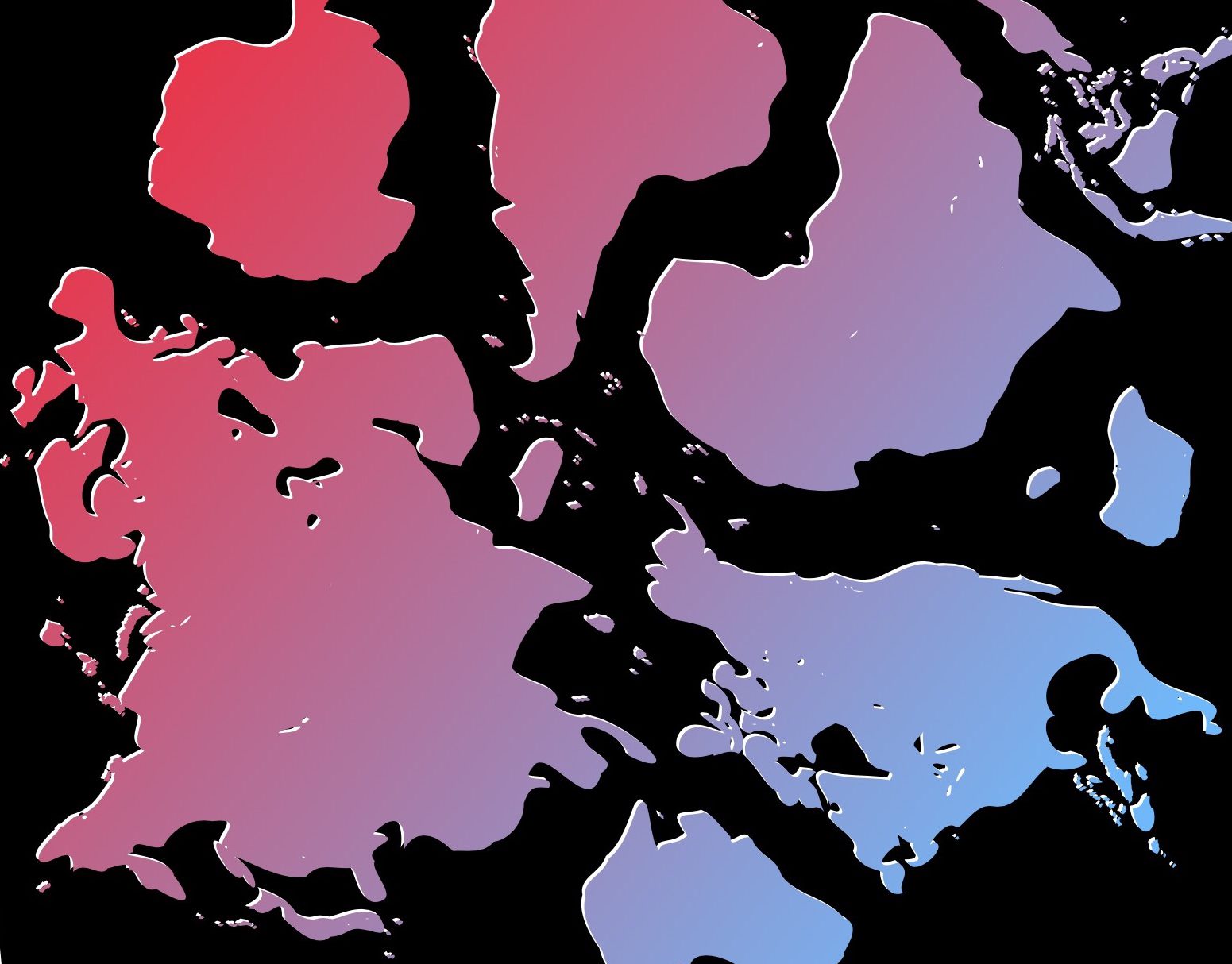
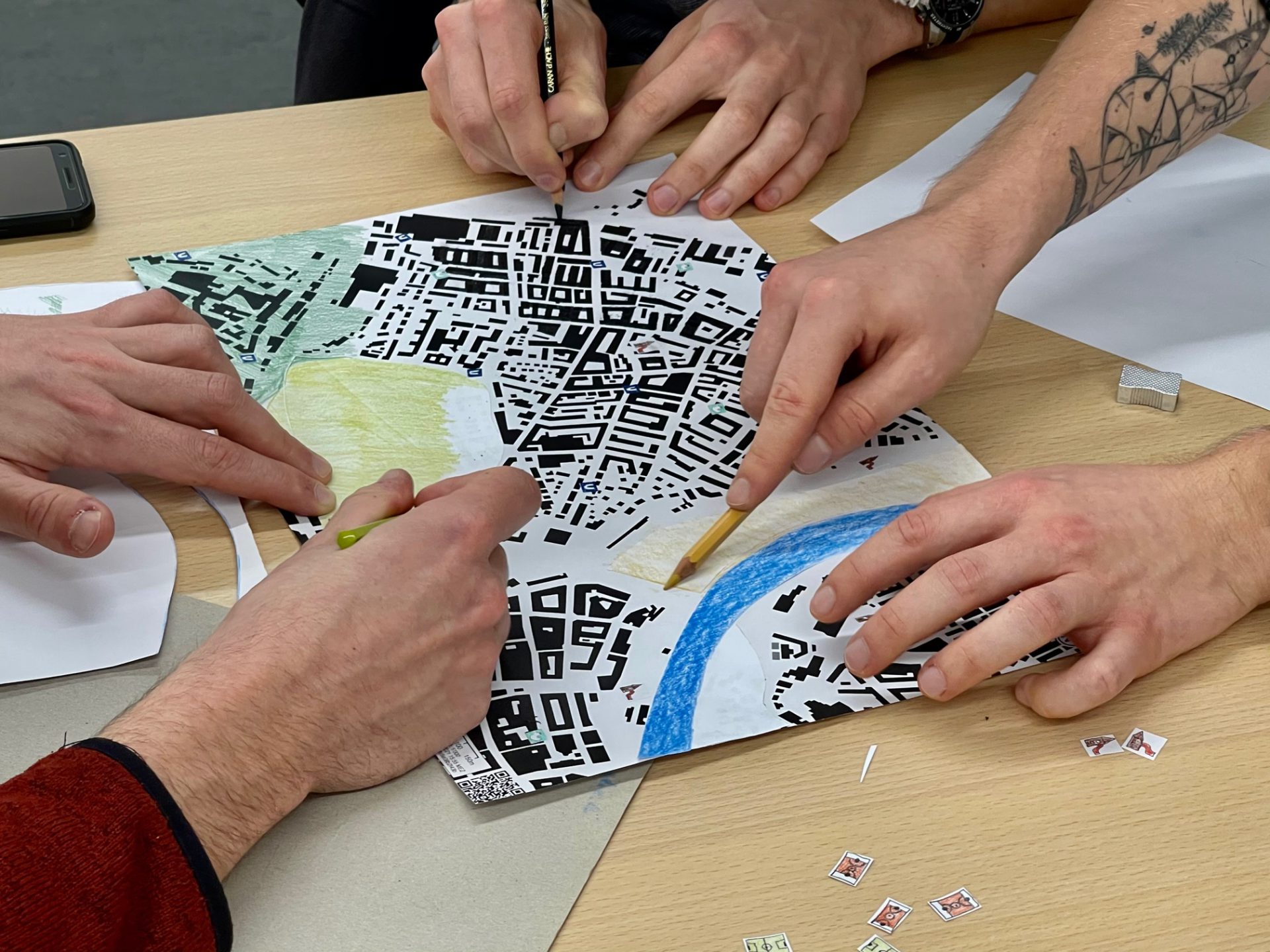

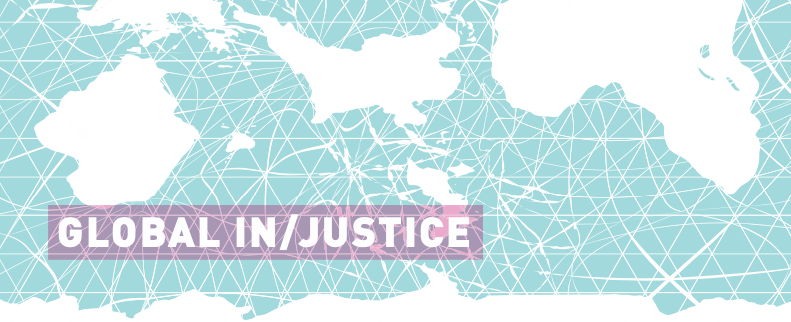
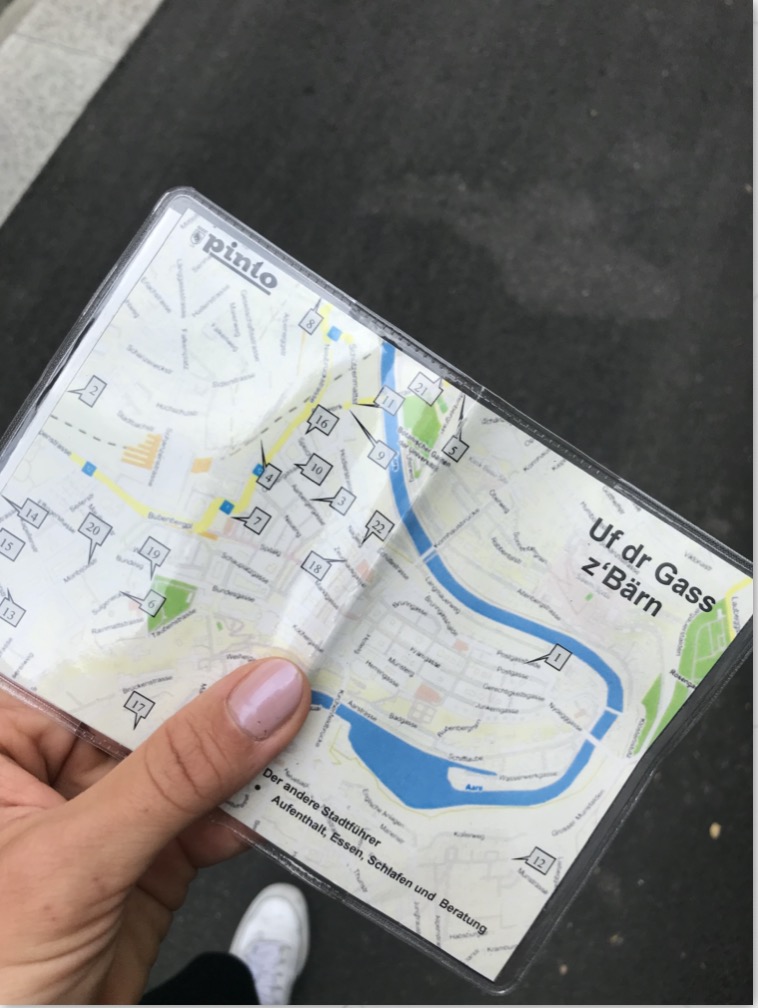
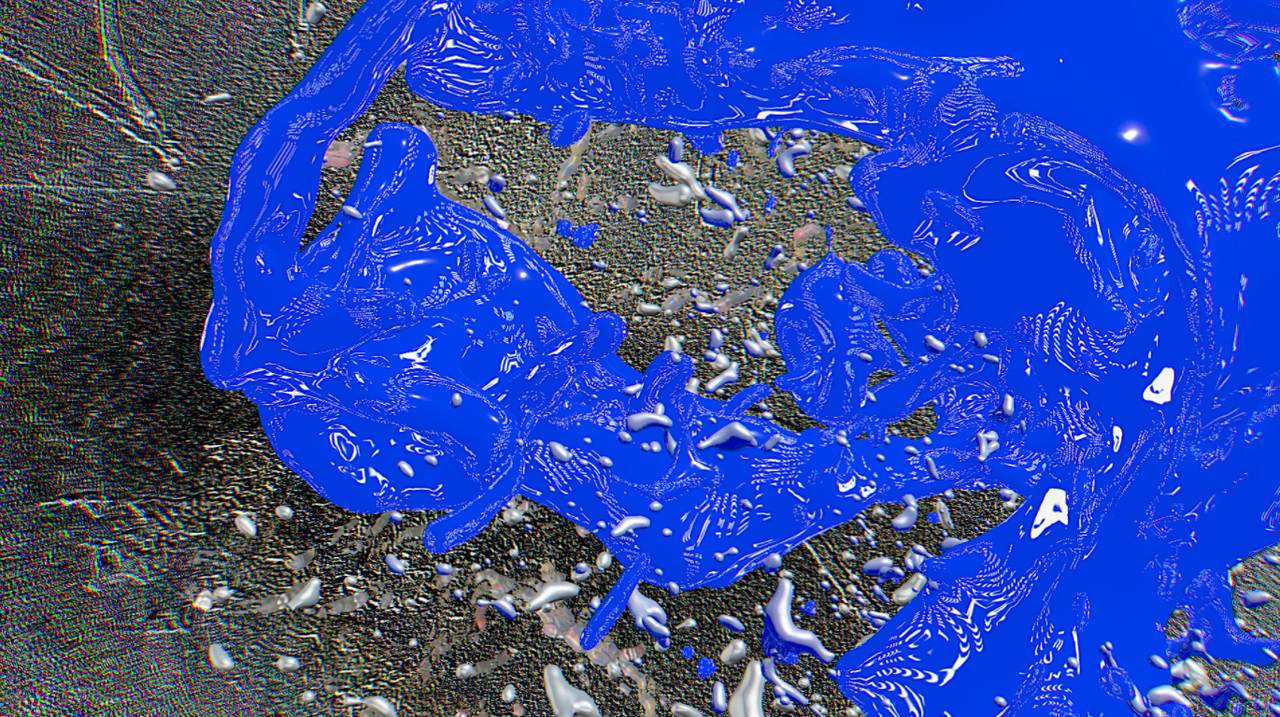

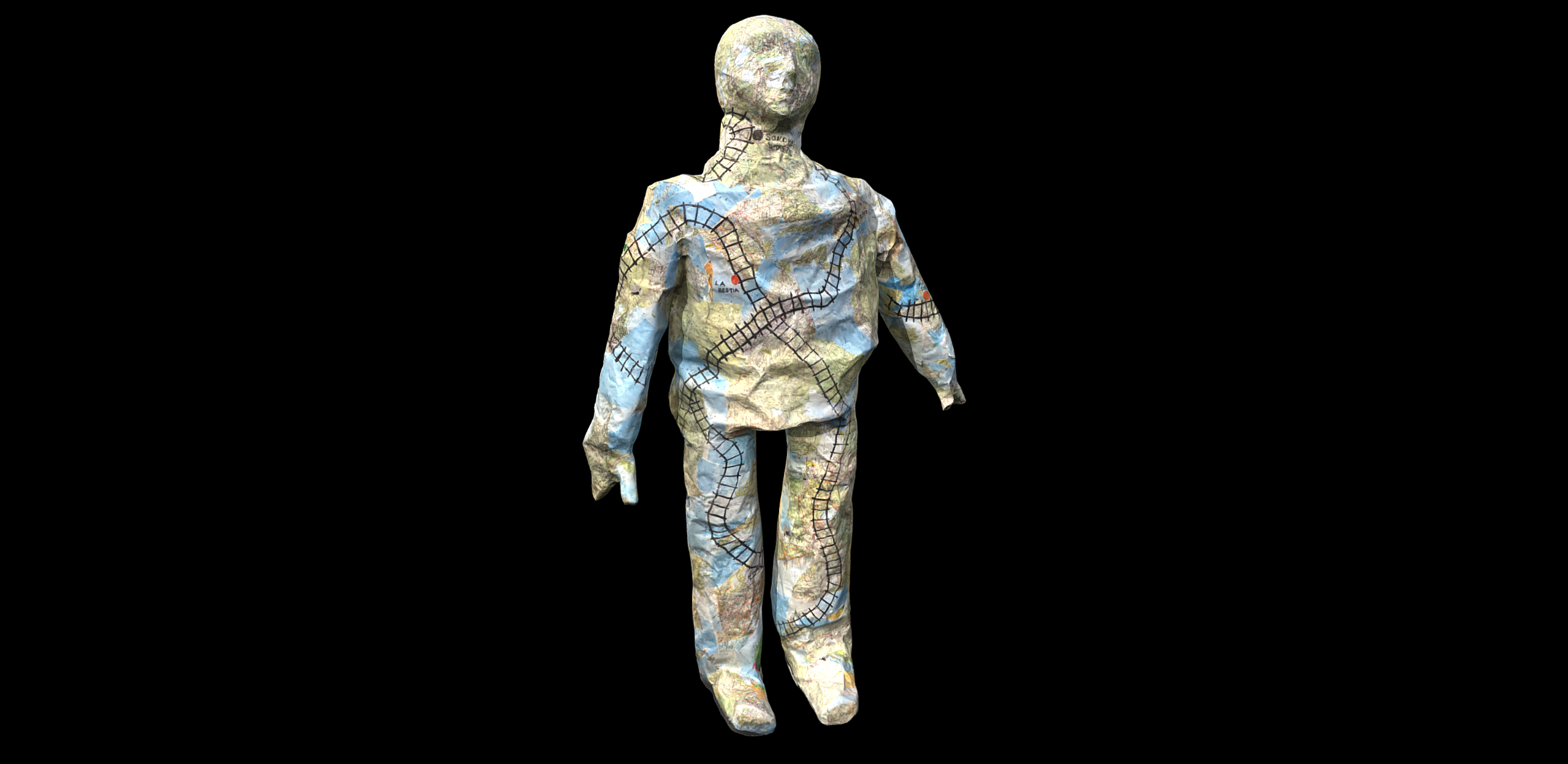
During the spring semester of 2023, the Social and Cultural Geography research group led by Prof. Dr. Carolin Schurr held a bachelor’s seminar that shed light on the intimate geographies of borders from the perspective of feminist political geography.
“La Frontera,” the border between the USA and Mexico, stands for the social and economic differences between North and Latin America, migration flows, and the increasing securitization and militarization of the border since Trump took office. Thousands of people cross this border every year – many of them as refugees trying to escape war, violence, and precarity in their home countries. However, the border is also a revolving door for legal and illegal businesses, from maquiladoras and agricultural products to smuggling gangs, drug and arms trafficking, trafficking in women, and prostitution.
While the border between the USA and Mexico is at the center of media and (geo)political attention, political border demarcations, and their border areas also play a central role in people’s everyday lives at many other colonially drawn borders in Latin America.
In this seminar, we approached the geographies of the border in Latin America in four steps:
On a methodological level, the course worked with story maps in which students researched quantitative and/or qualitative data for their own chosen case study and processed these together with the researched literature cartographically and visually. The students created either digital or analog story maps that show the multiscalar entanglements of borders with international politics, national legislation, and intimate experiences. In the following we present some selected storymaps.
Andri Buchli, Johanna Bühler, Nikolaj Endrich & Anatol Ledergerber
Elisa Probst, Sophia Schatz & Mia Slappnig
If the map fails to load correctly, please visit here.
Anja von Matt, Sofia Kevic & Seraina Lerf
If the map fails to load correctly, please visit here.